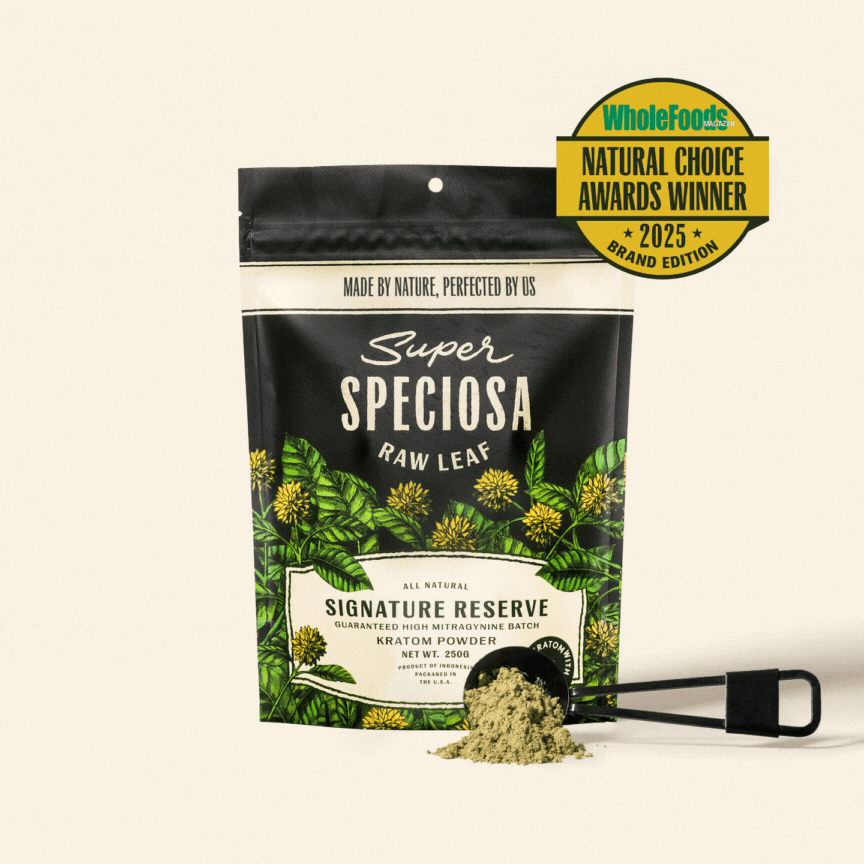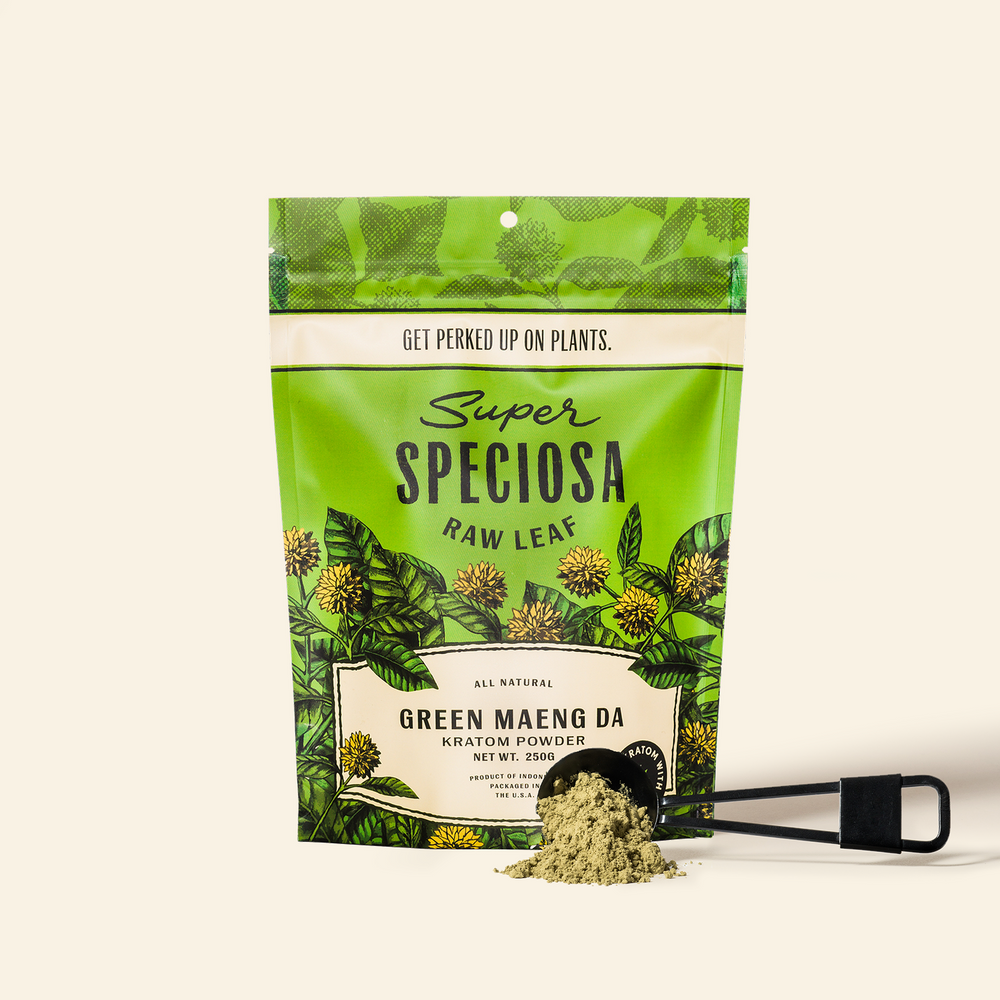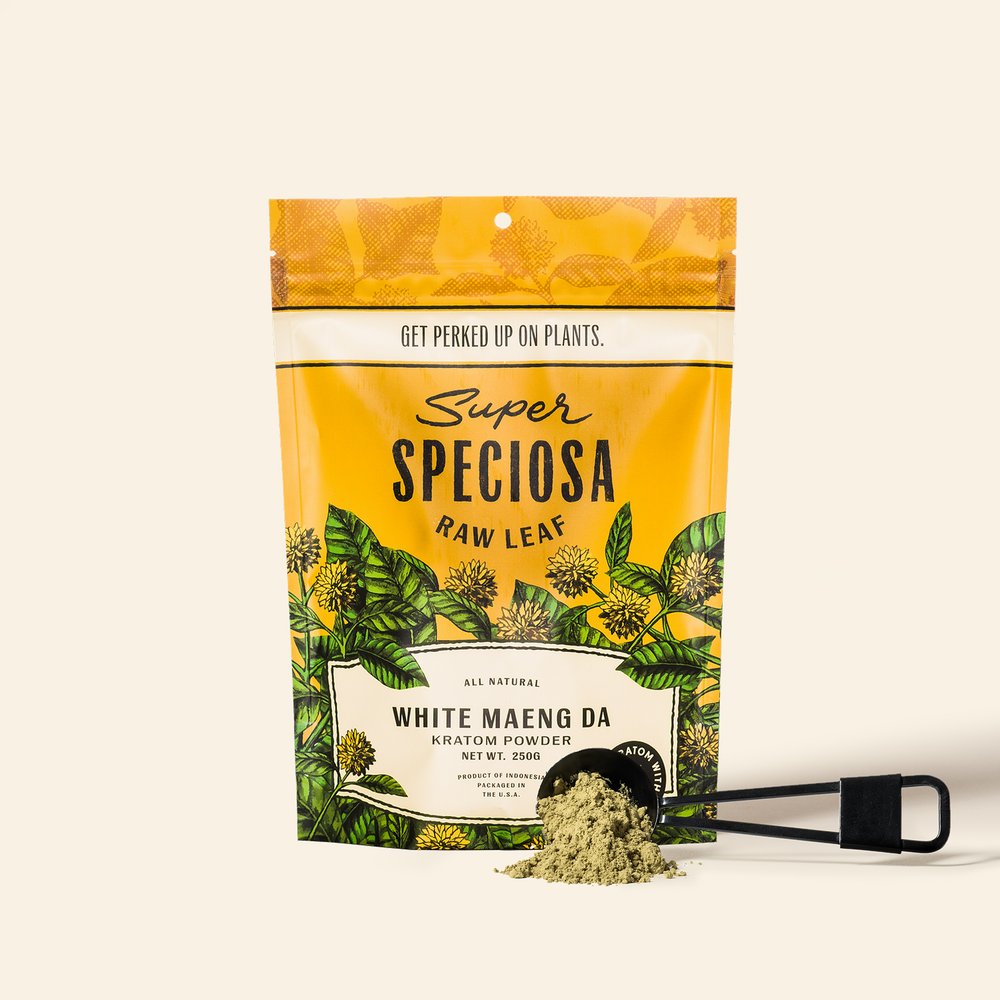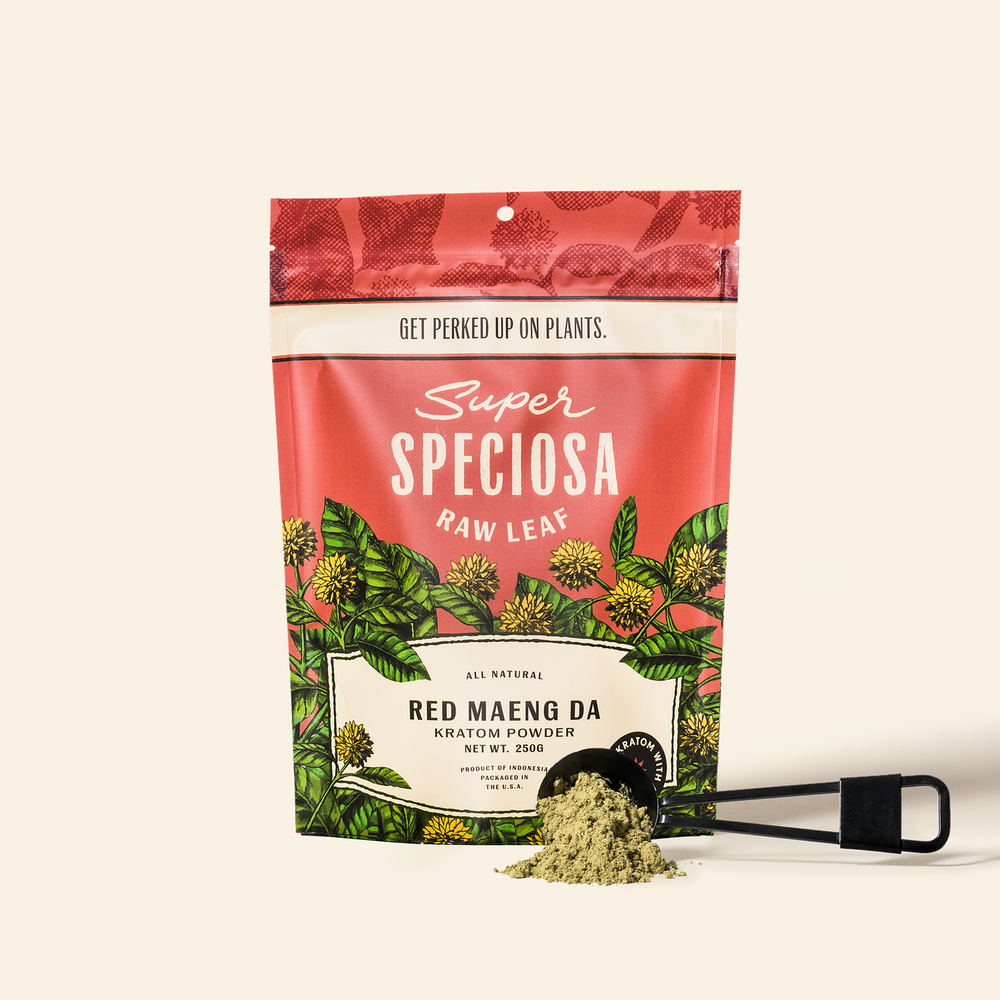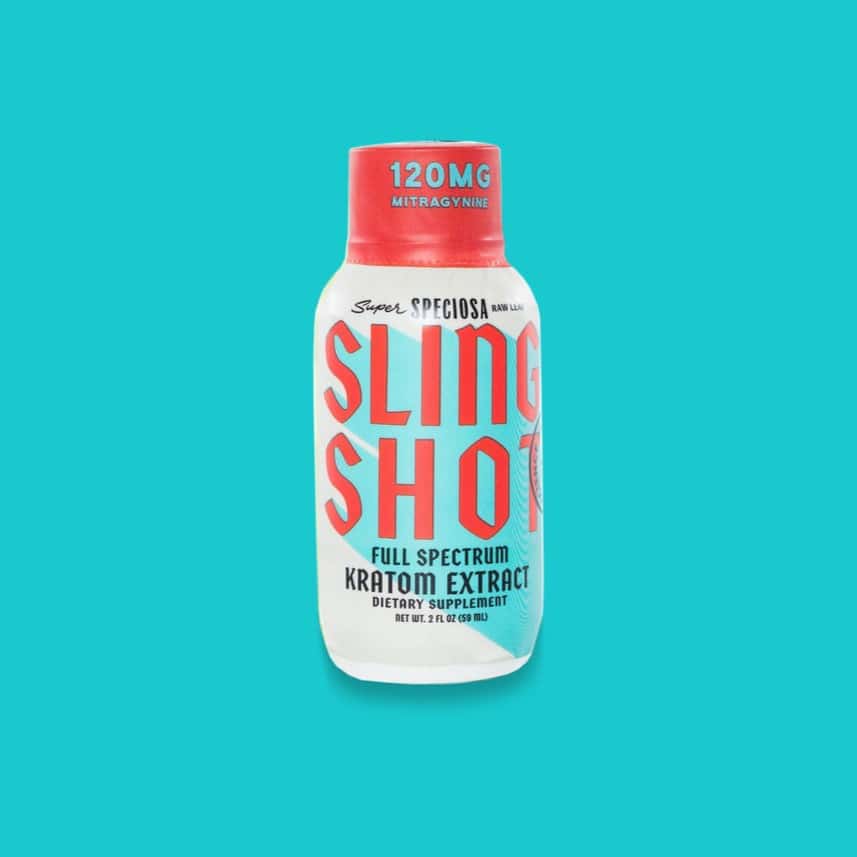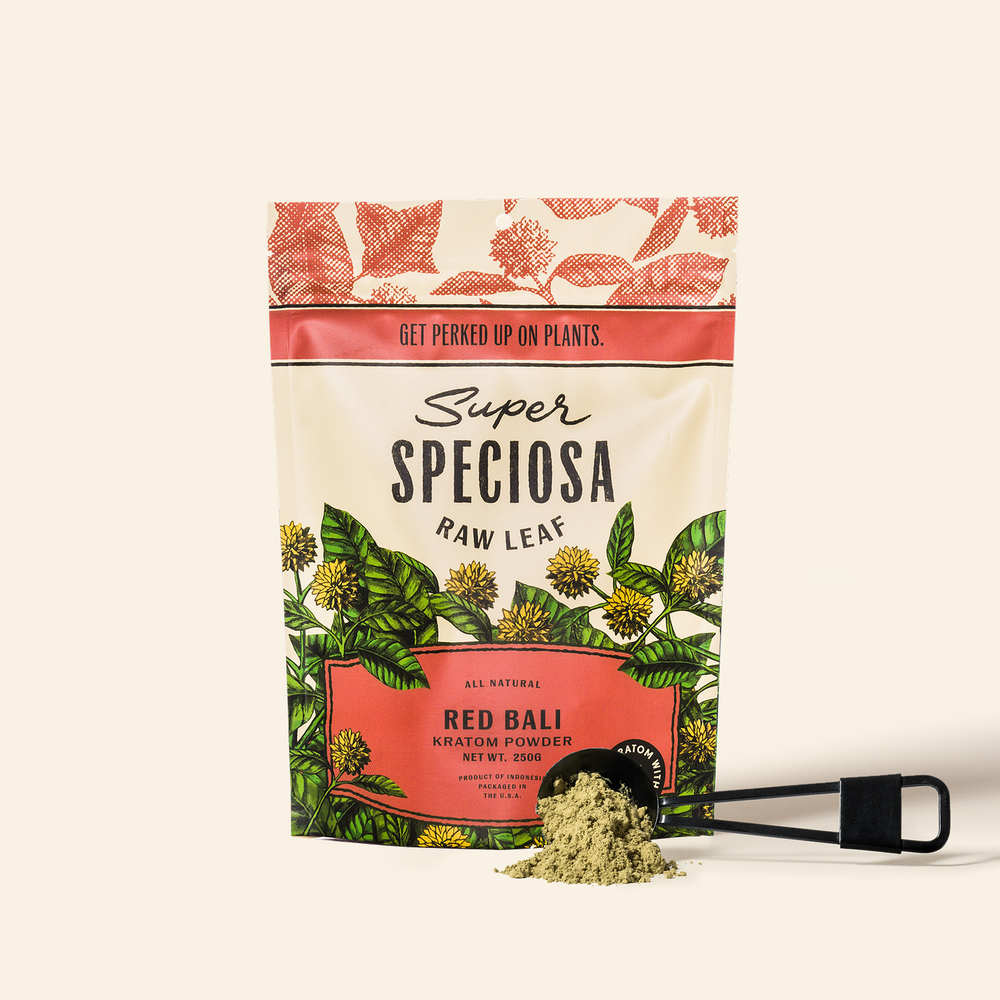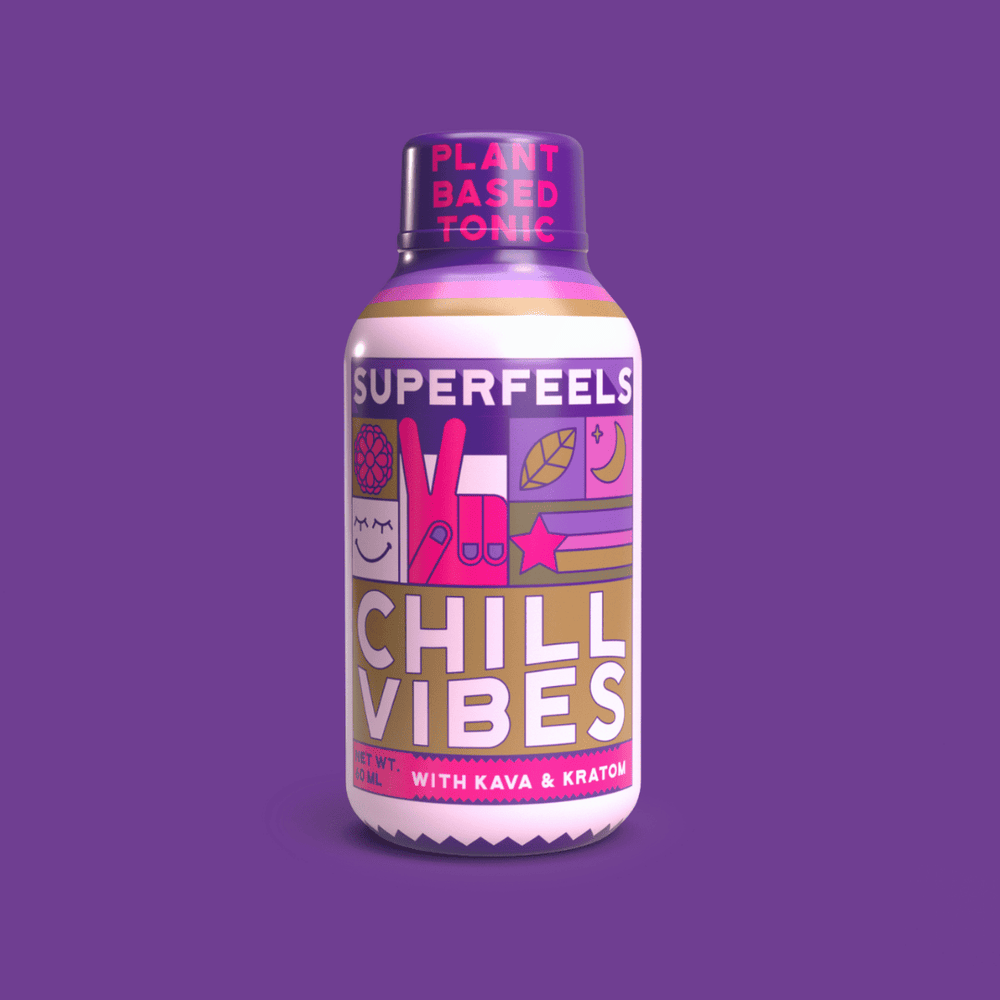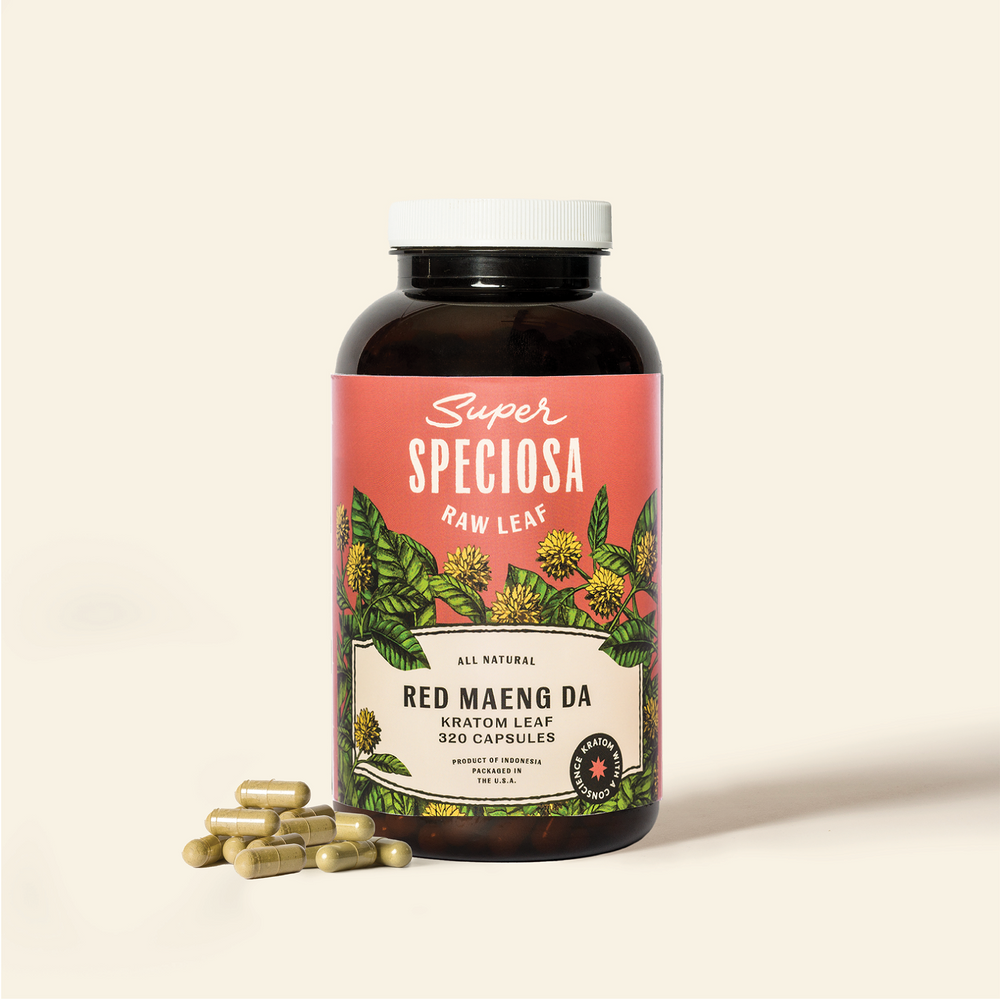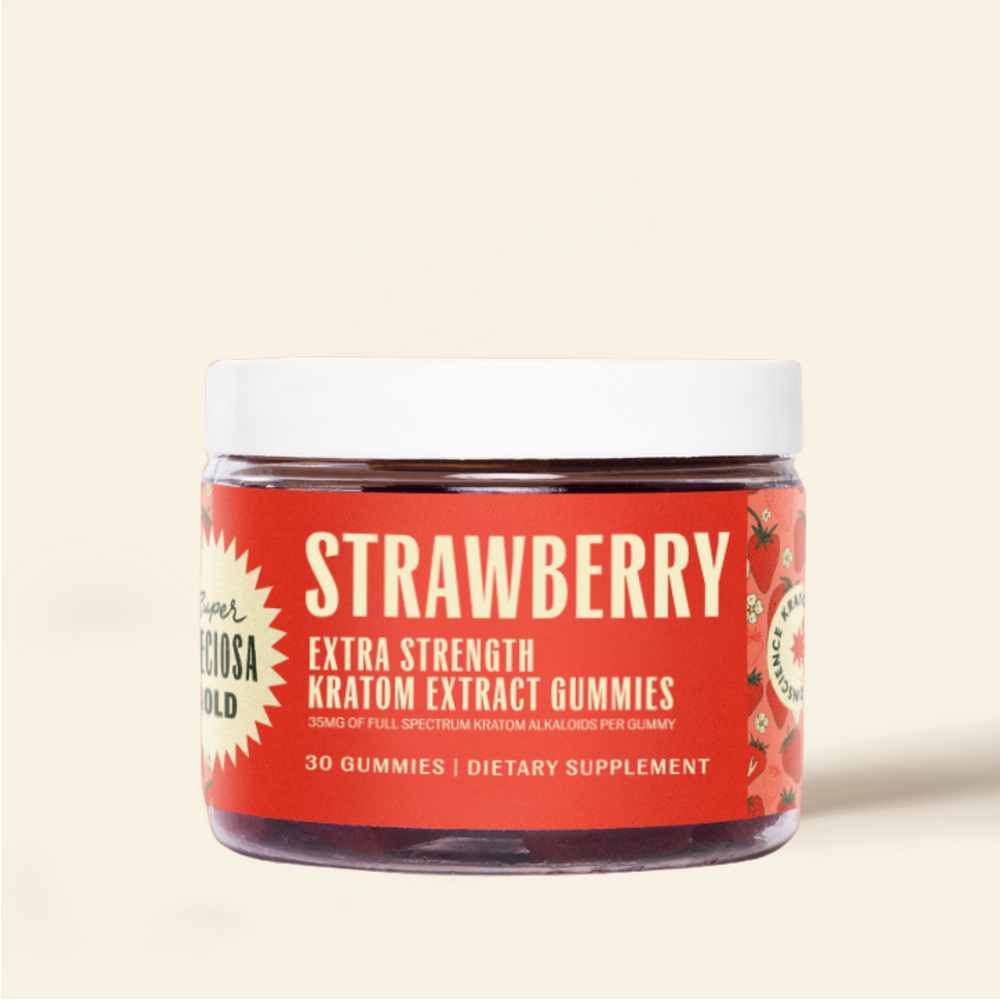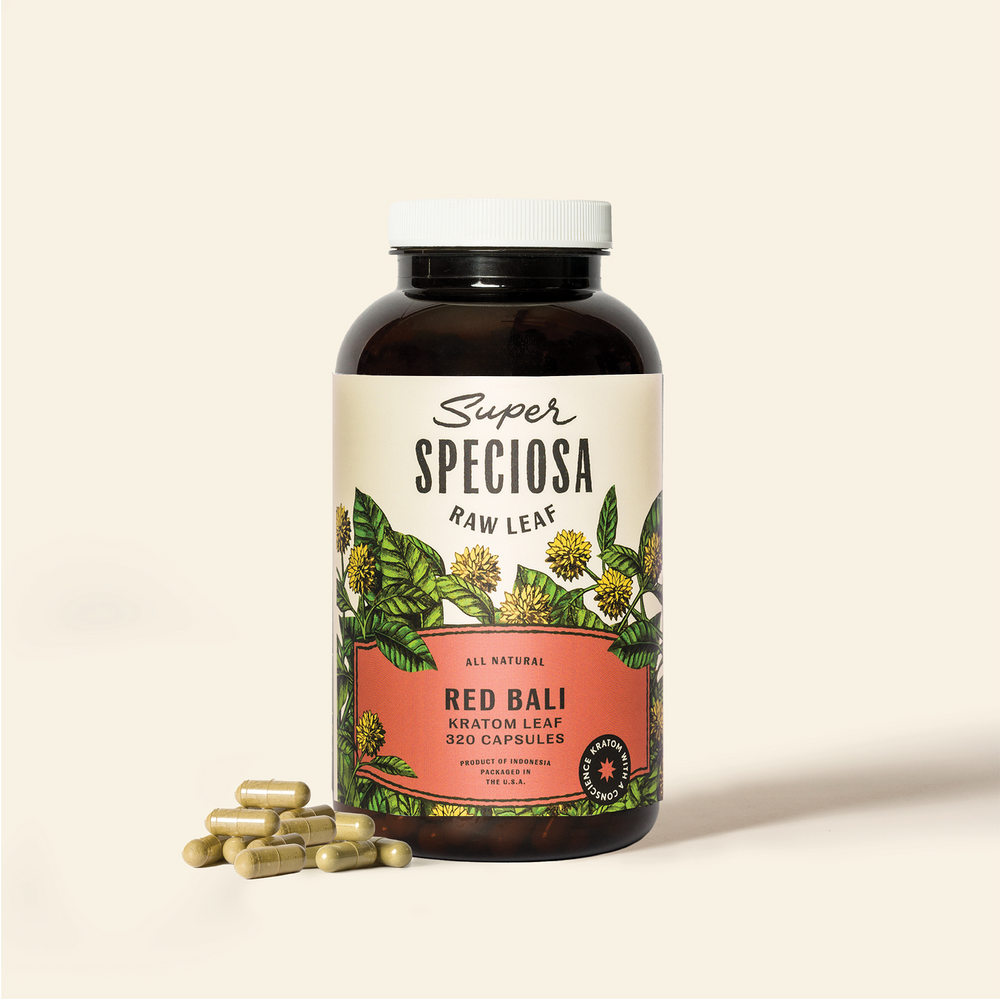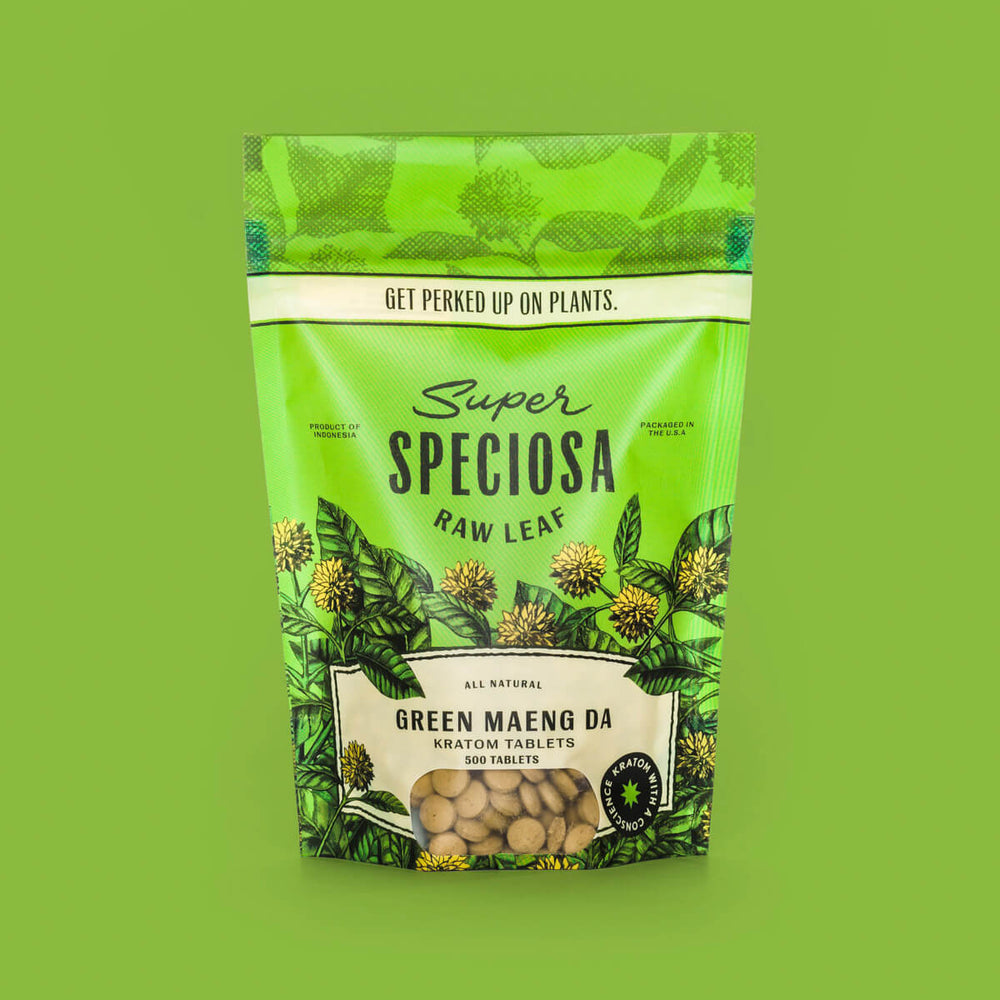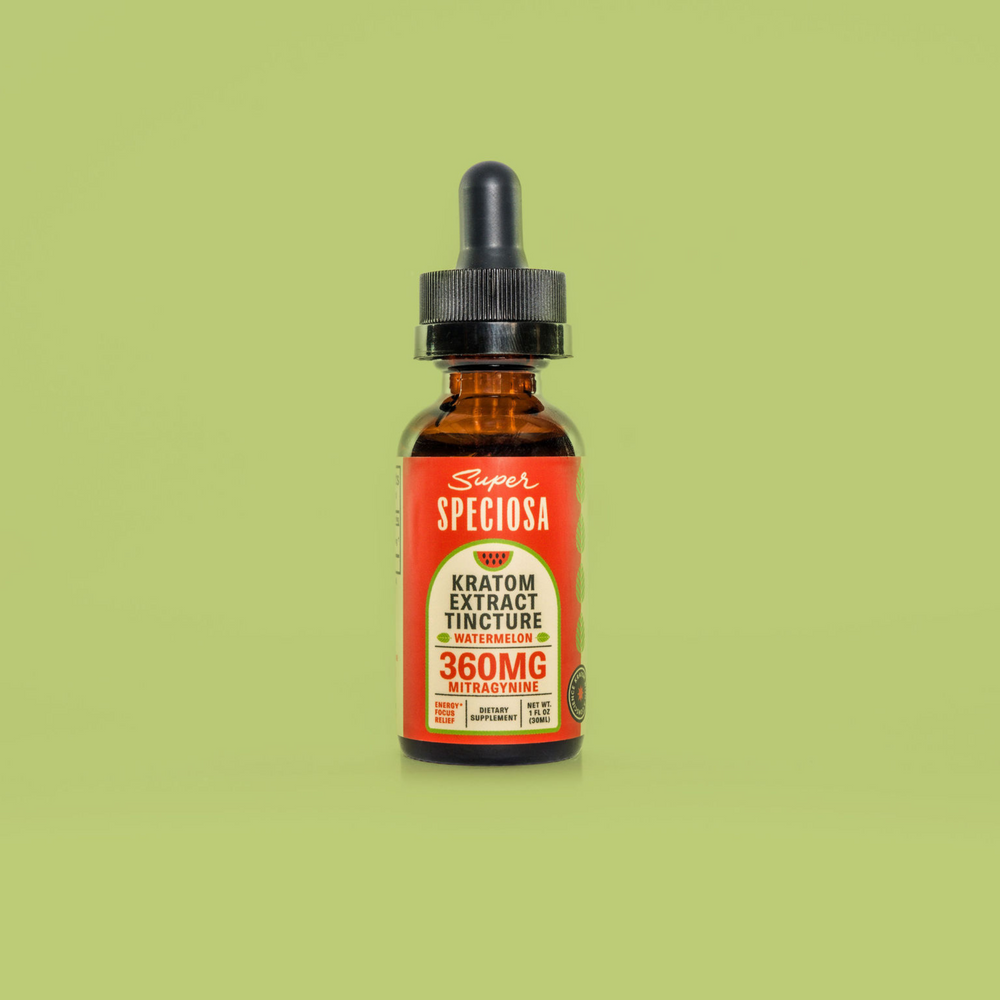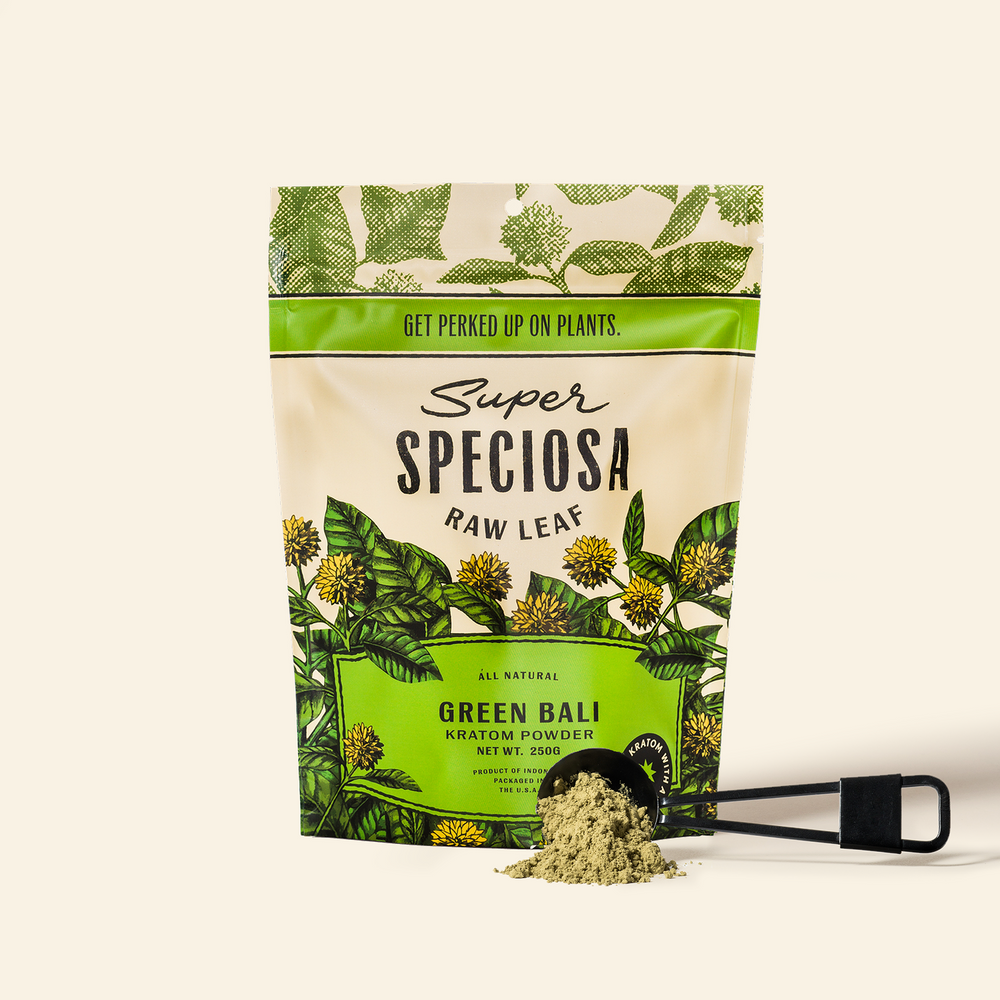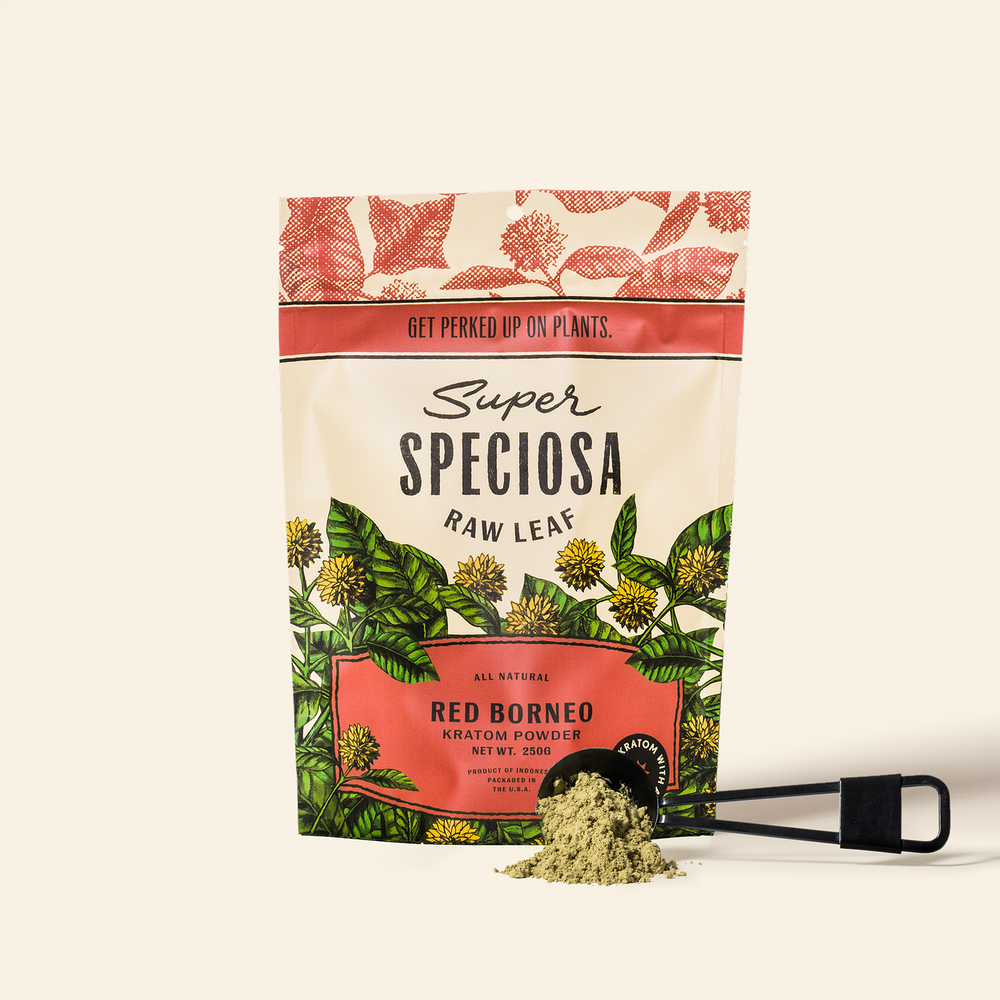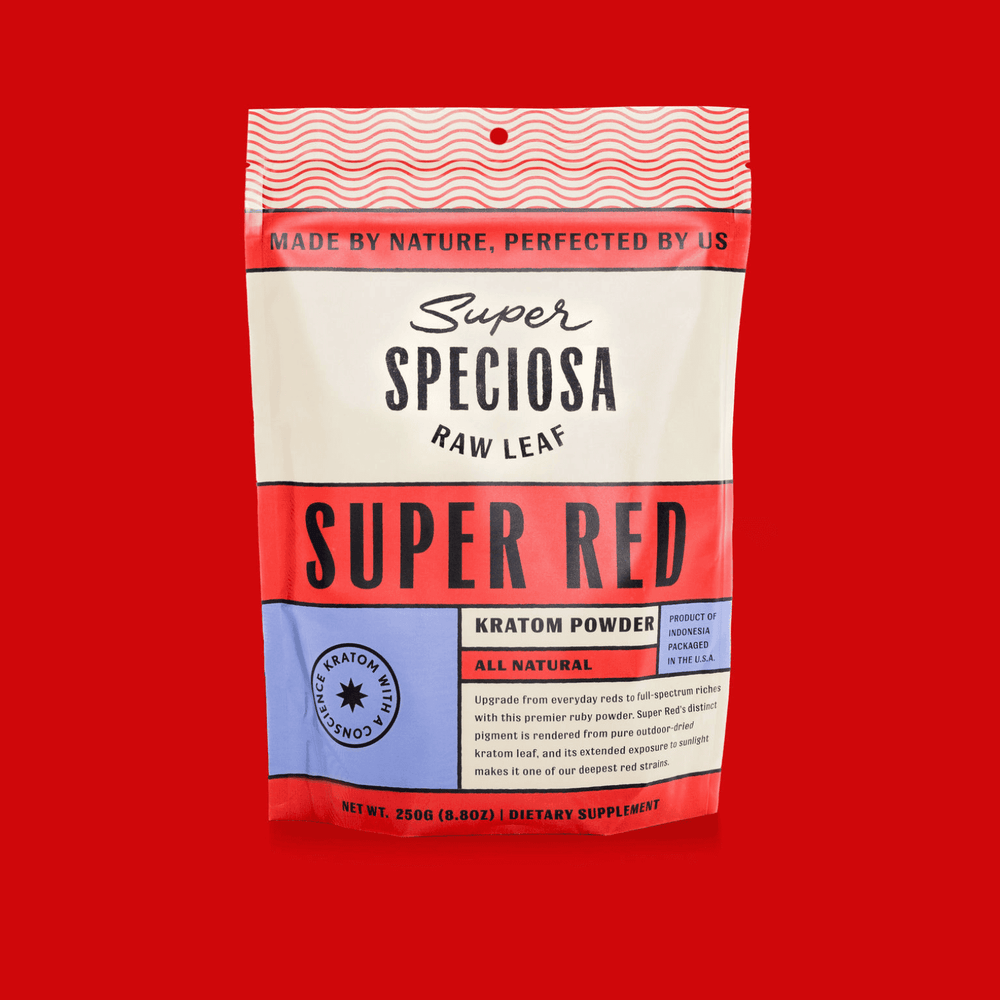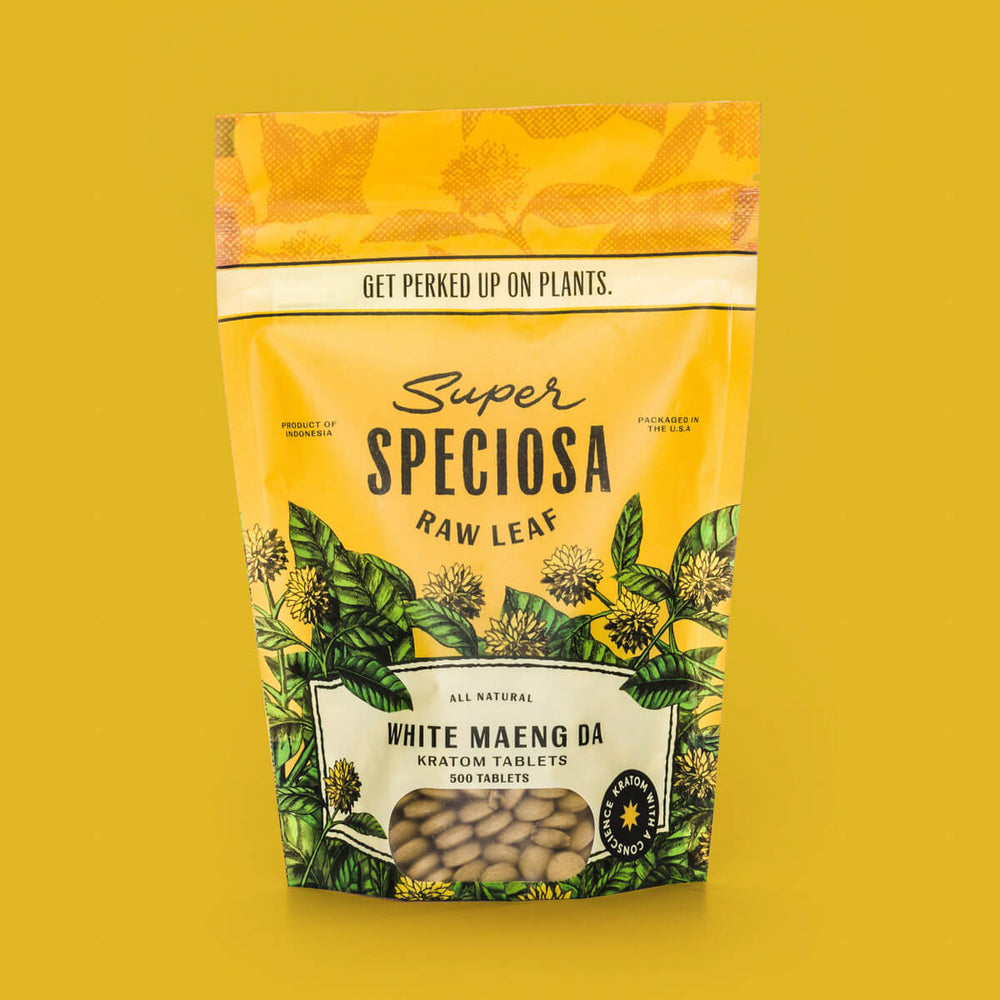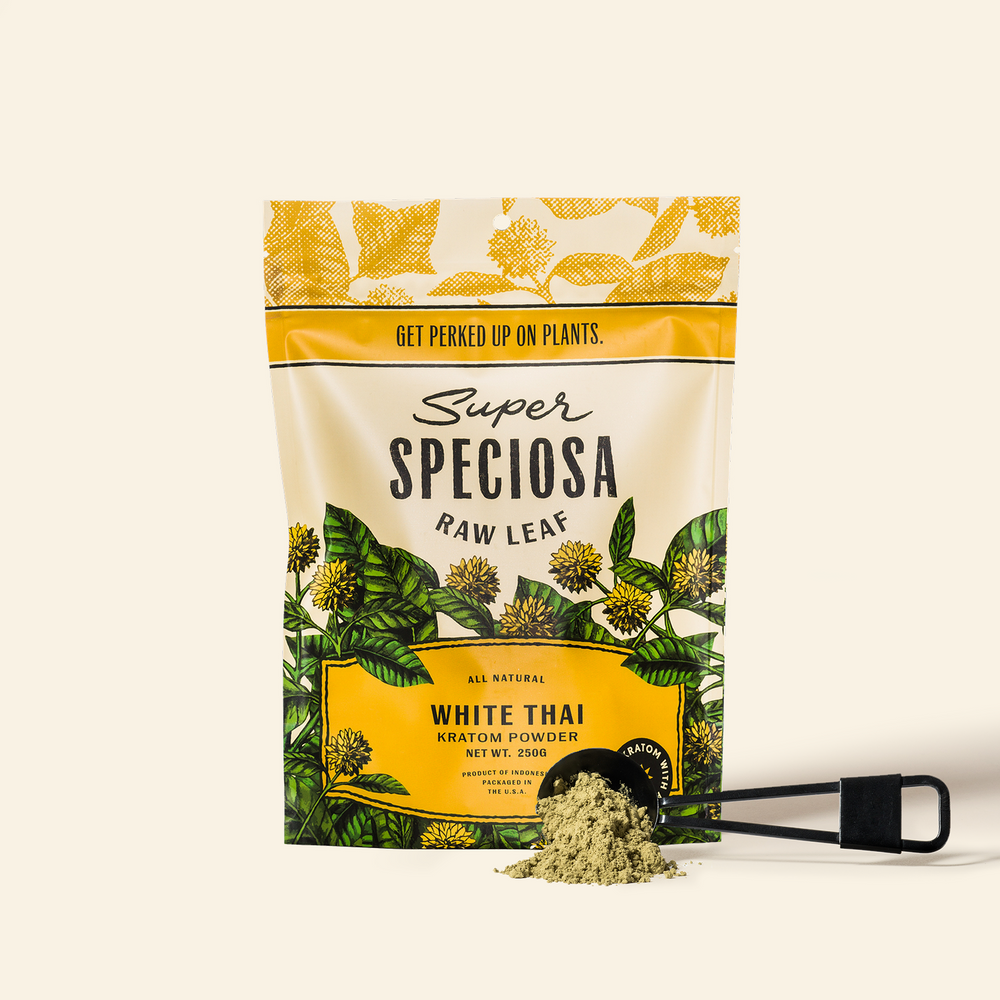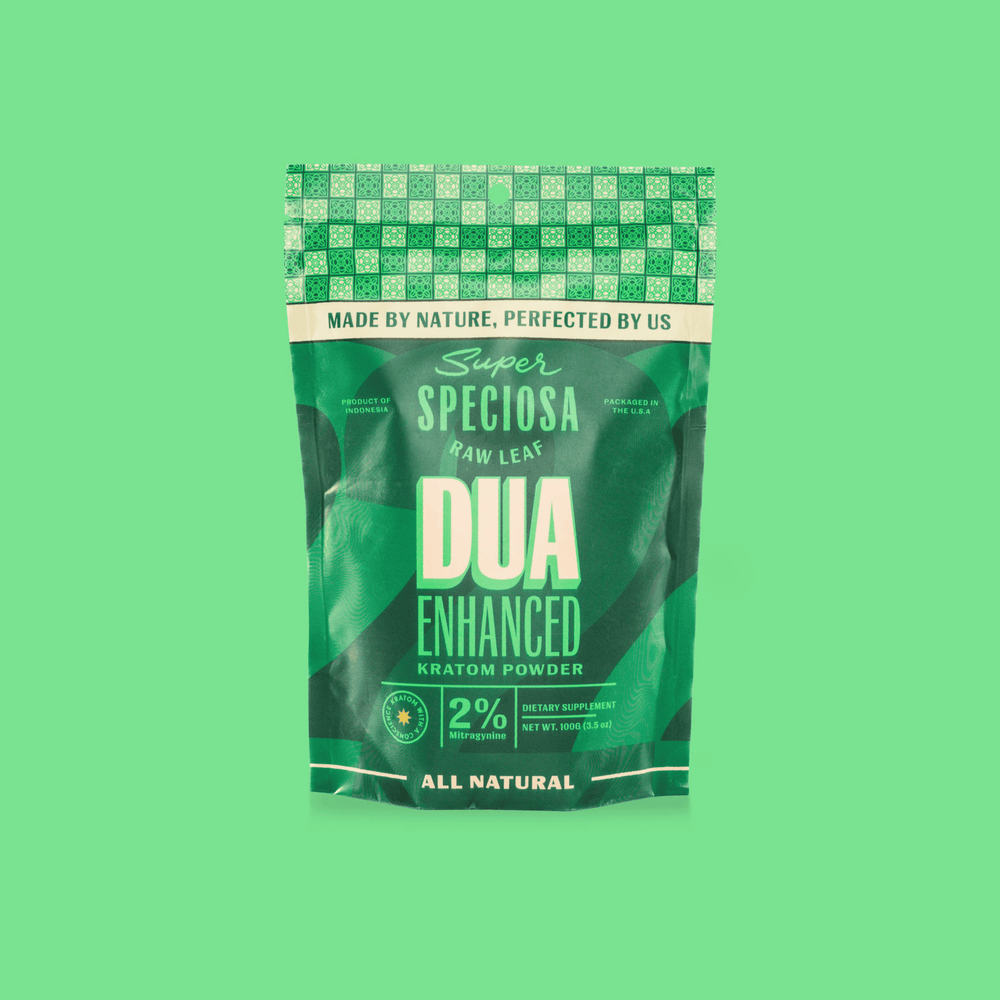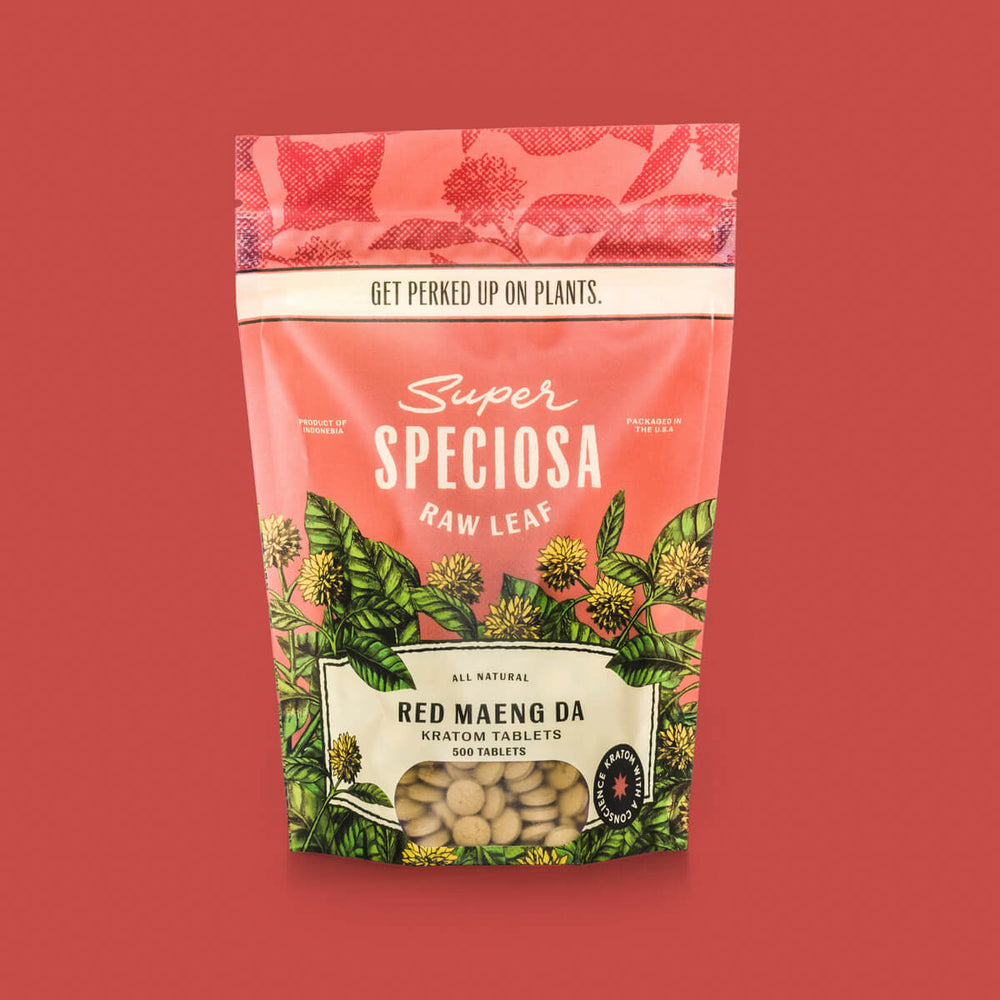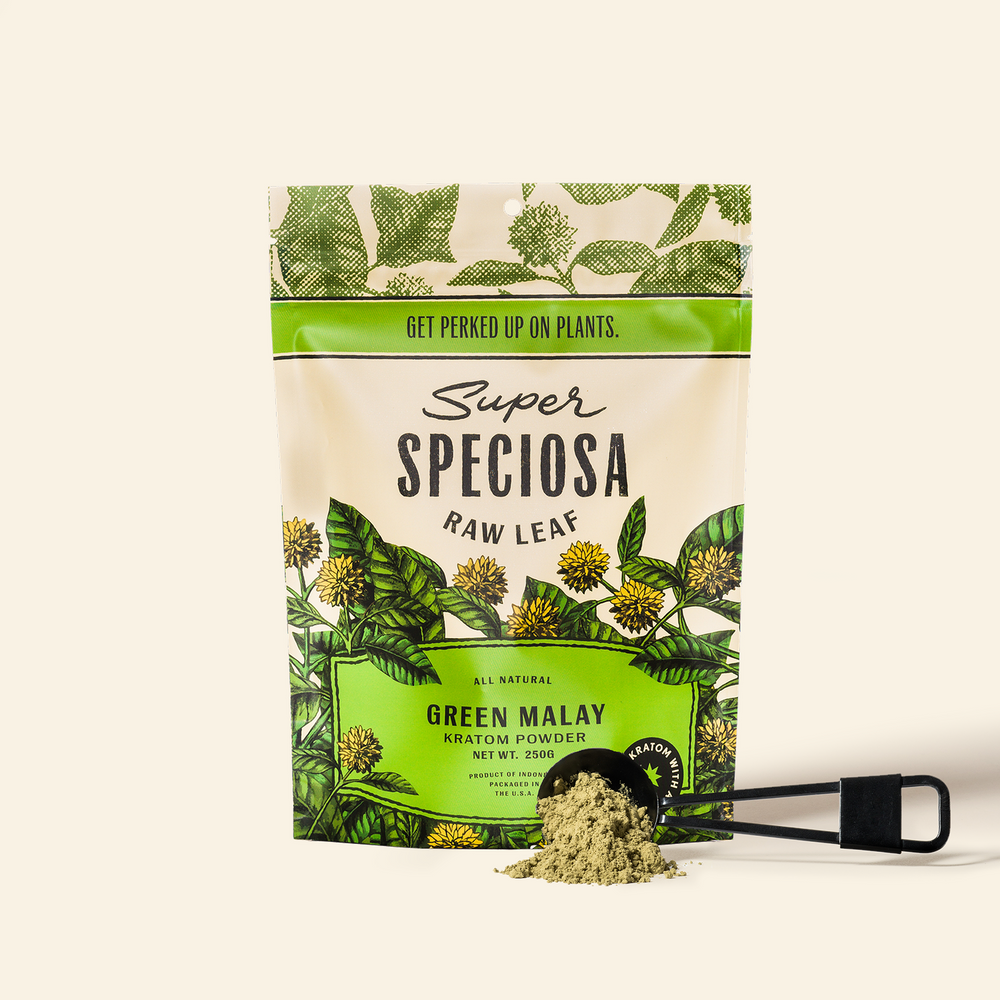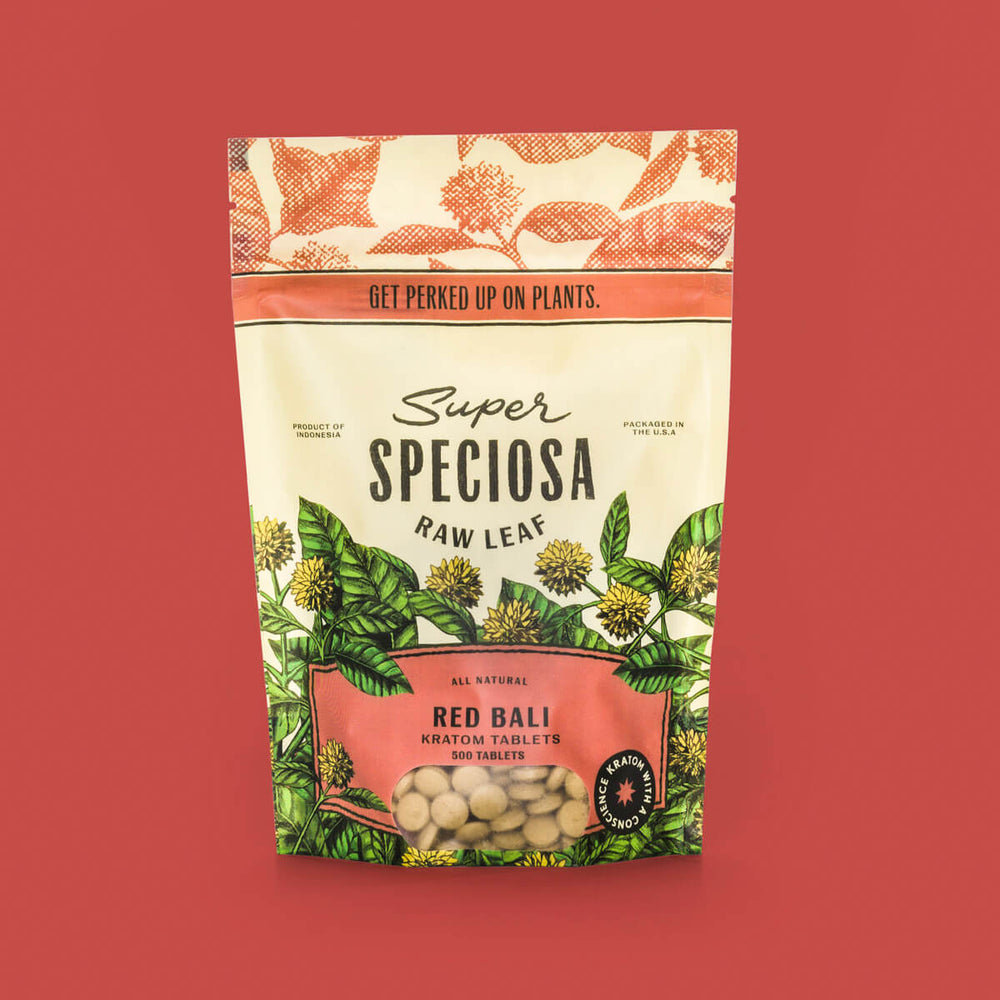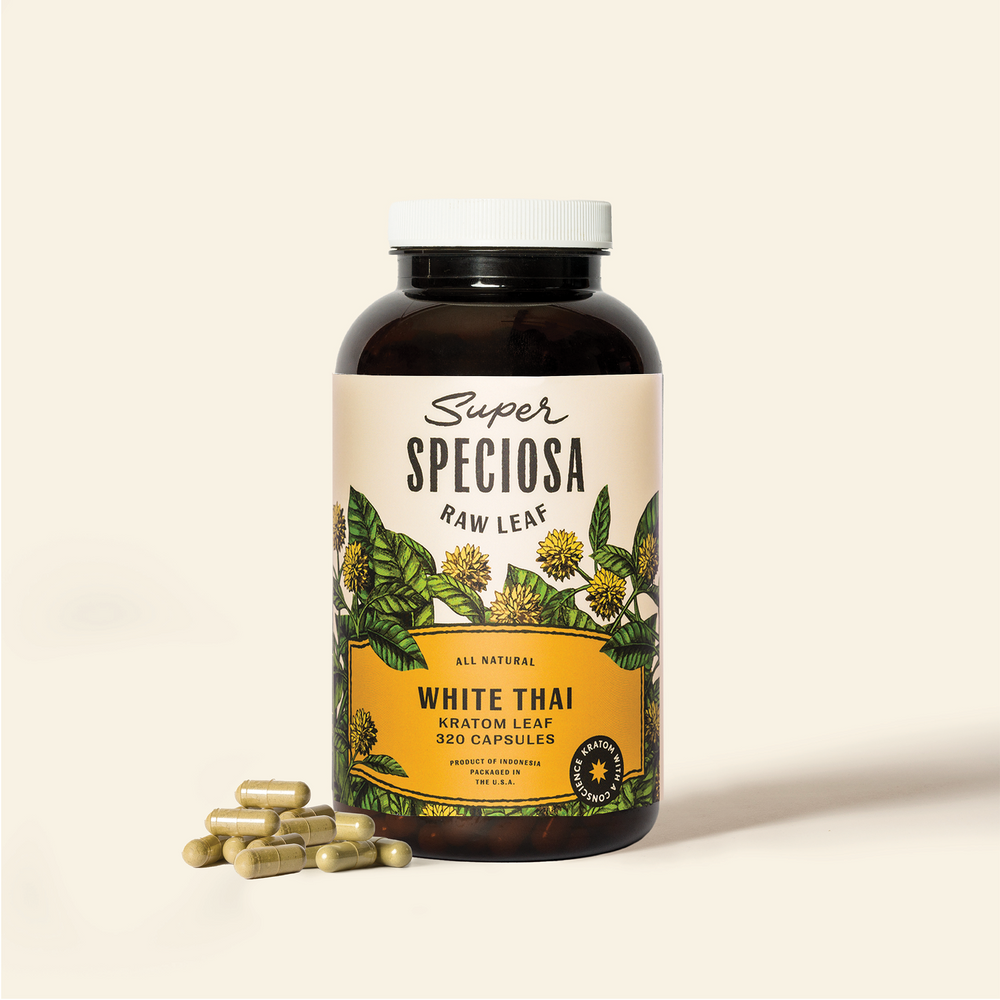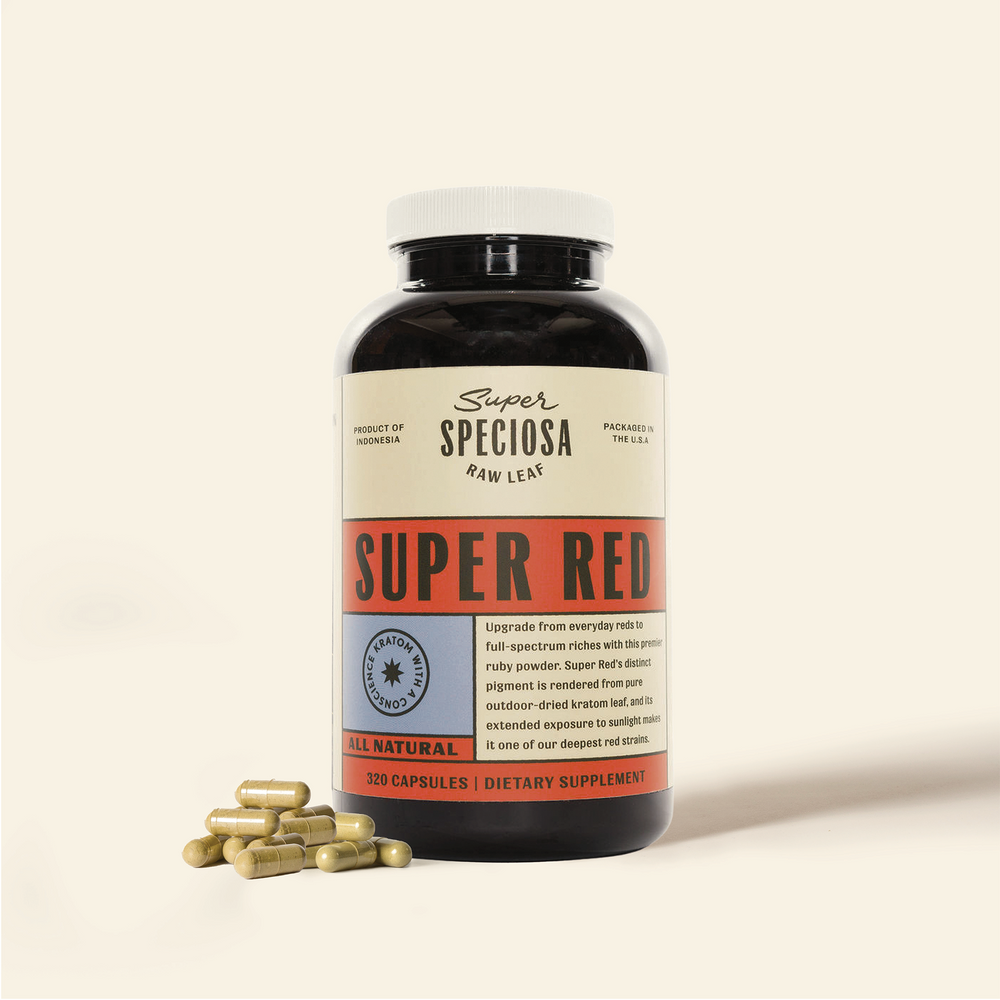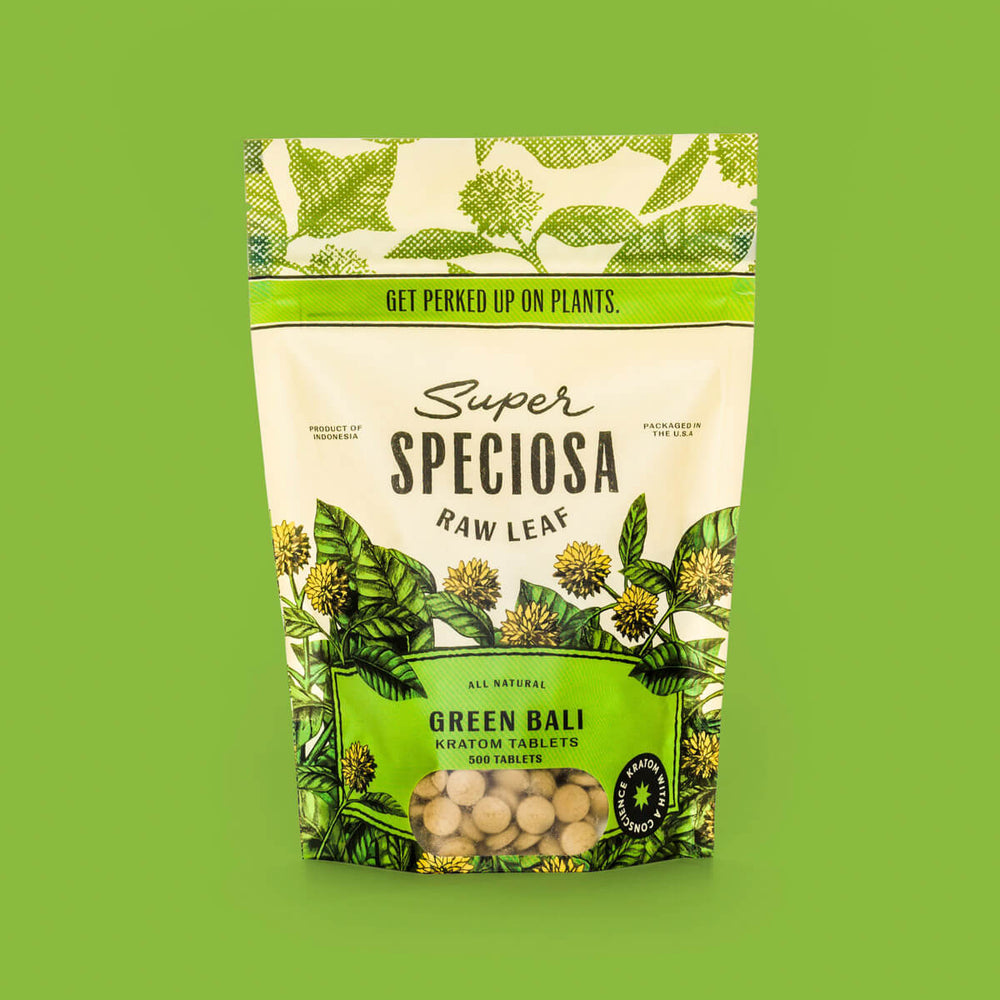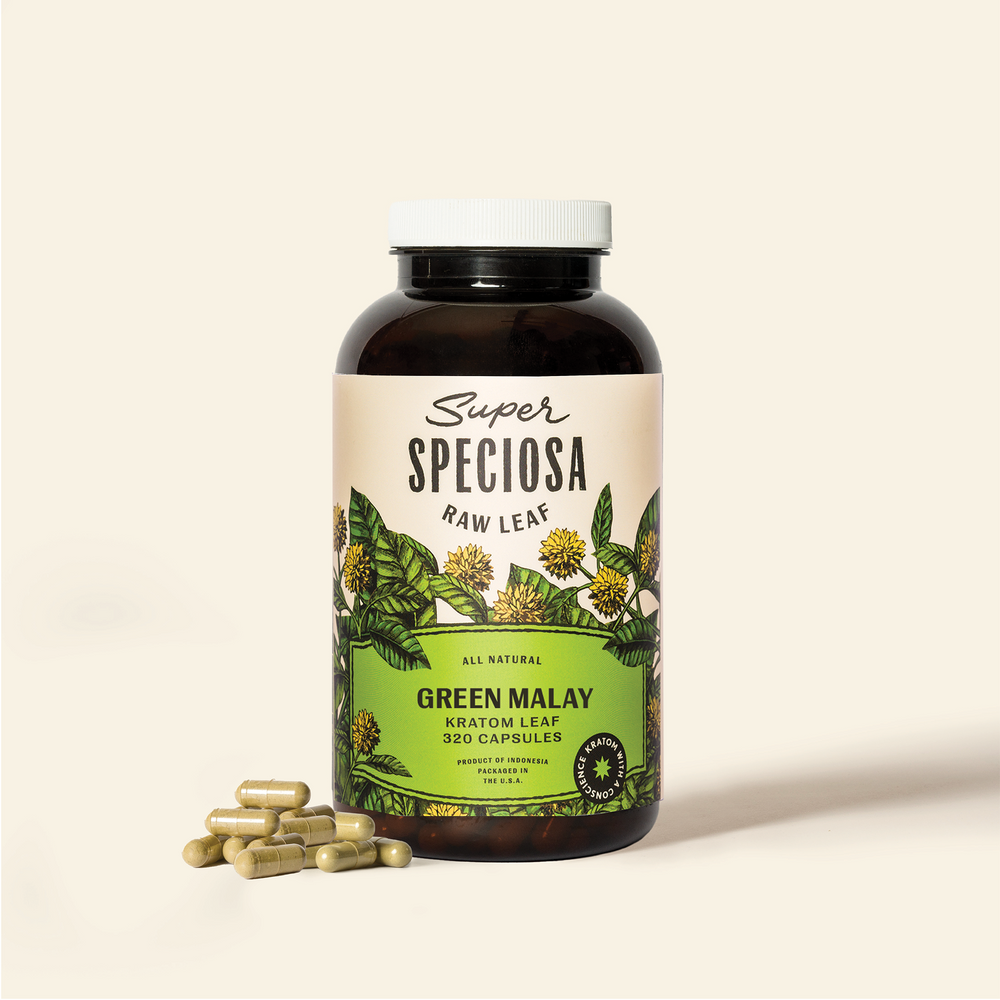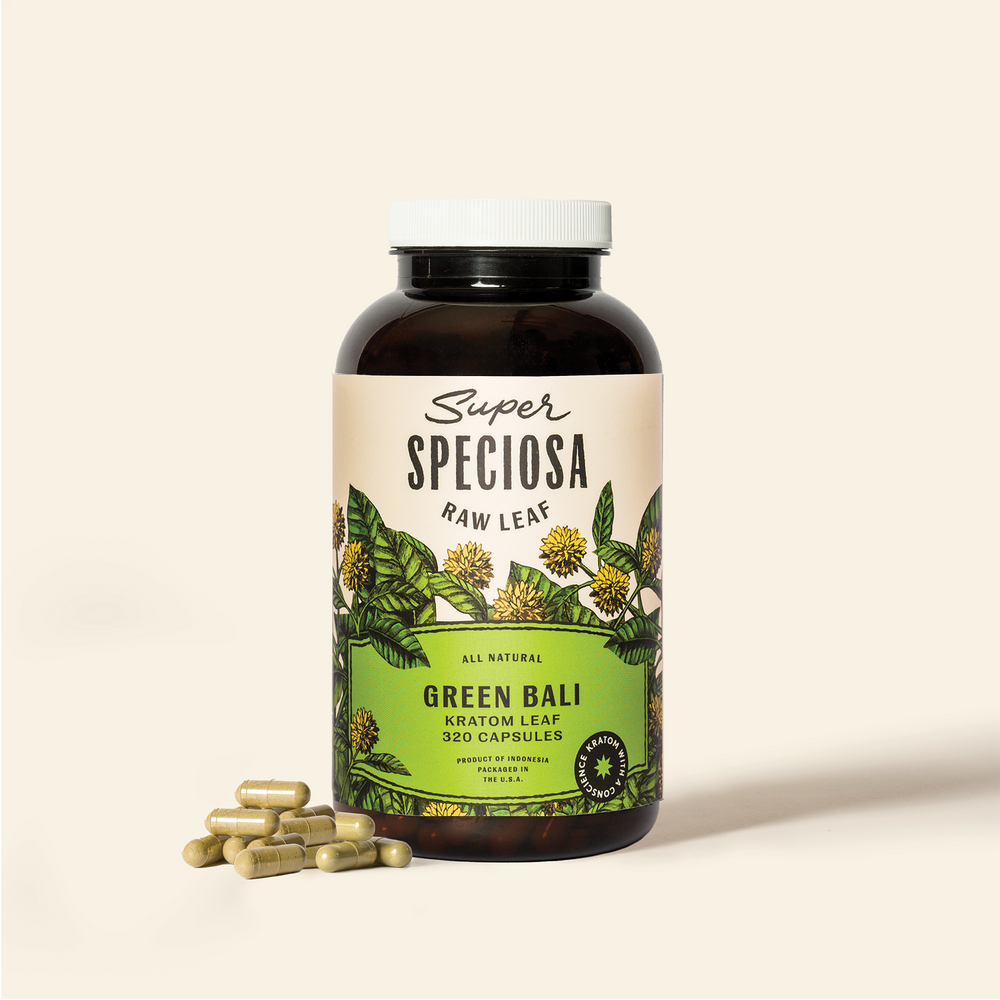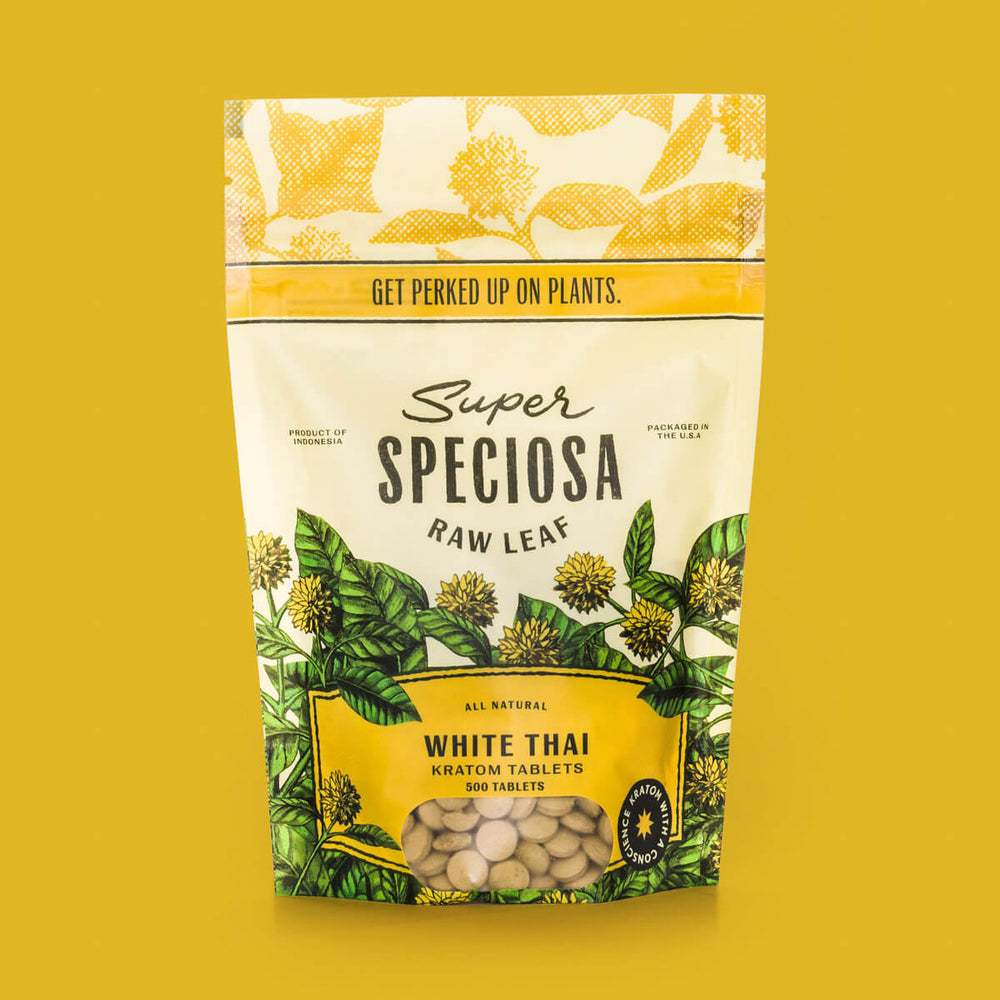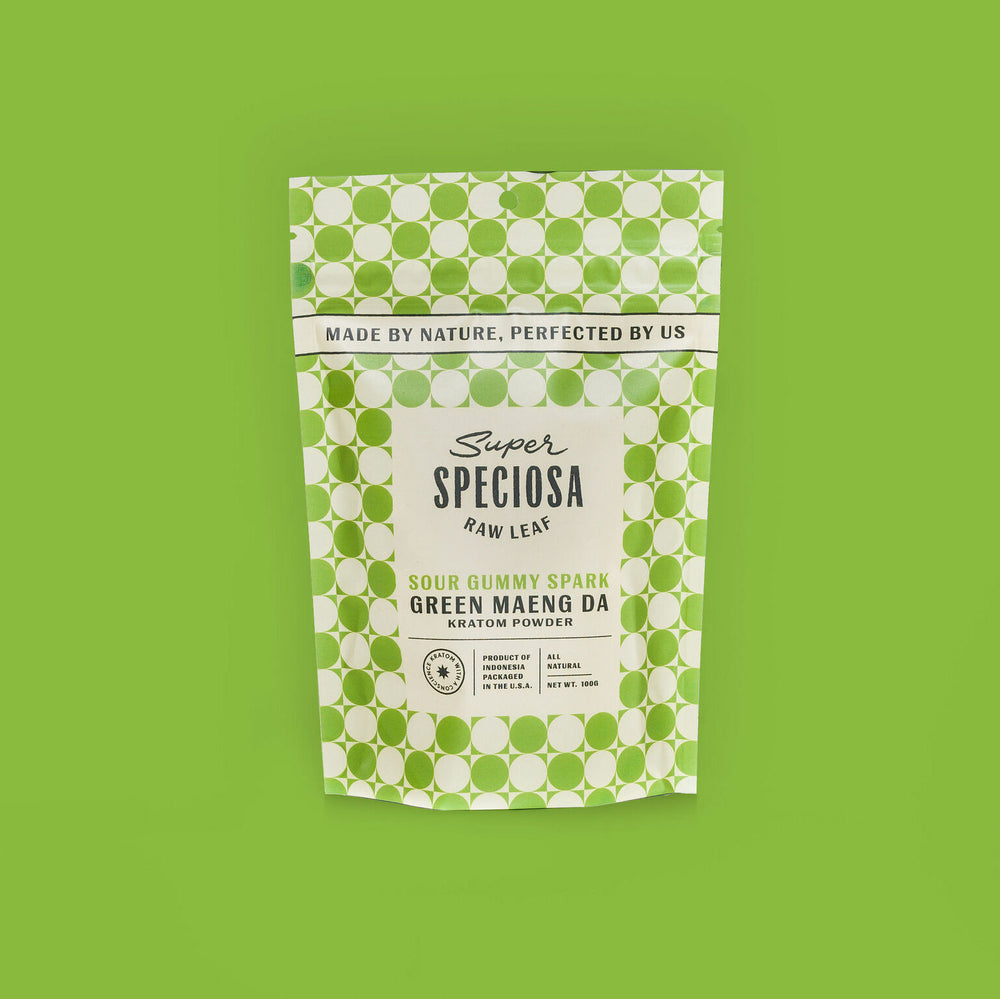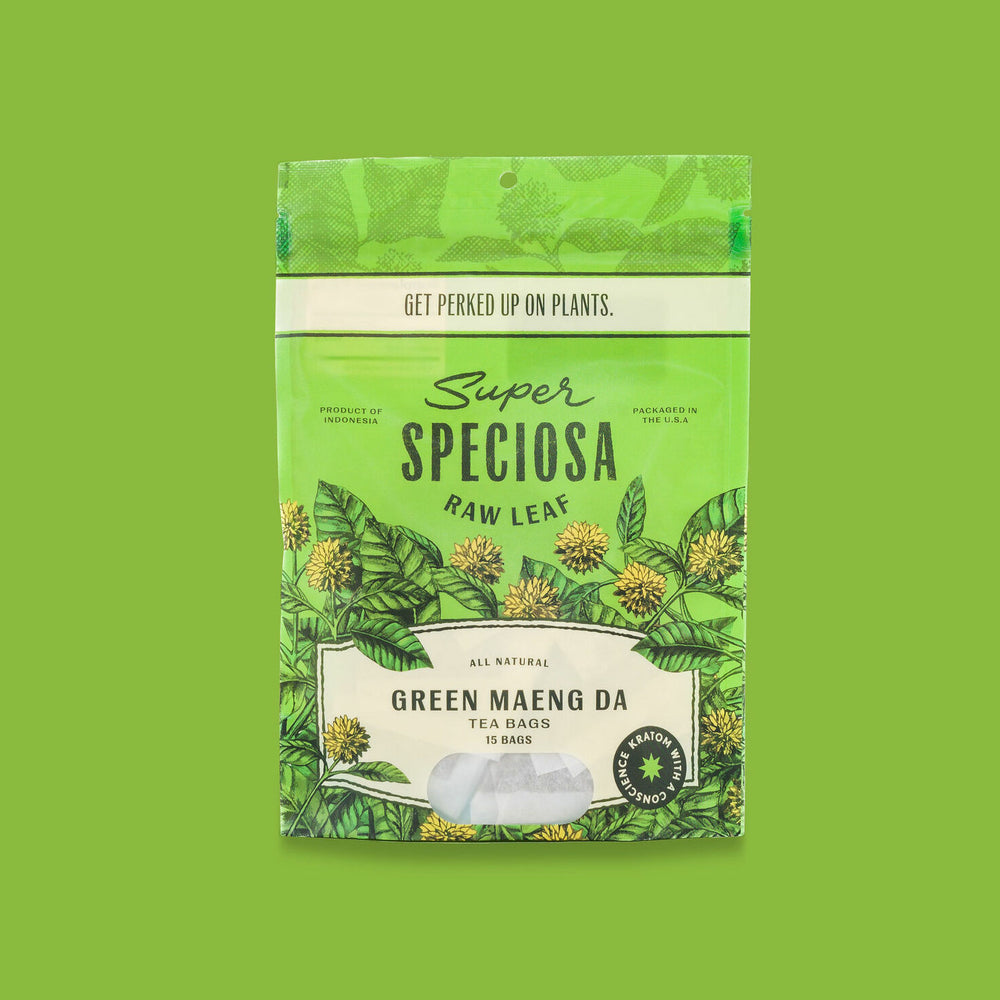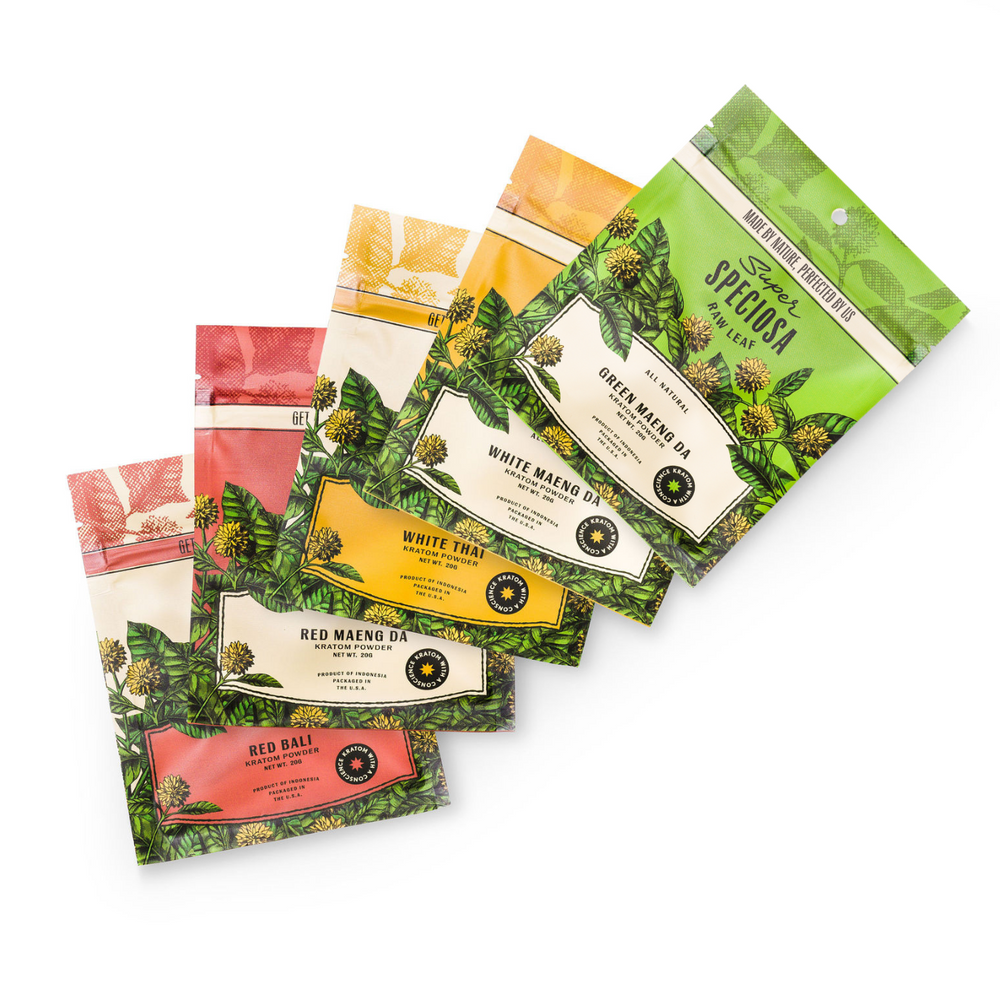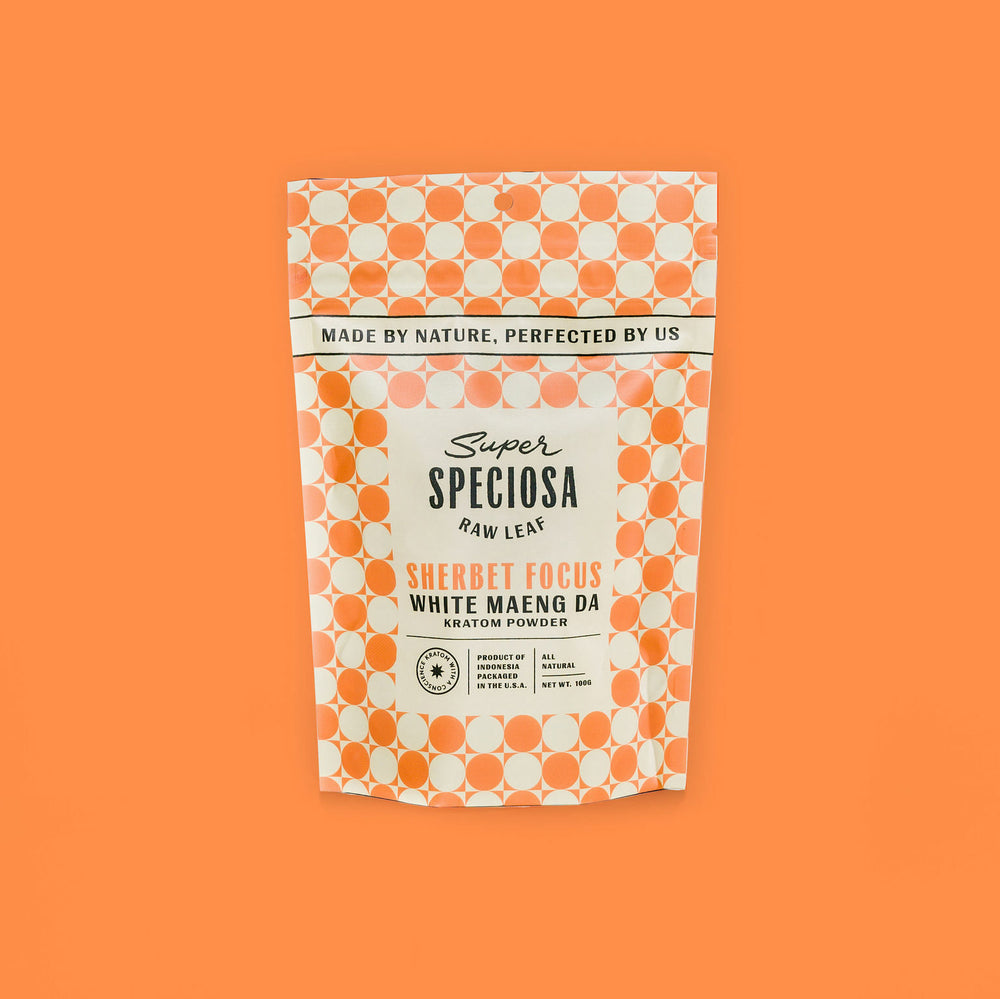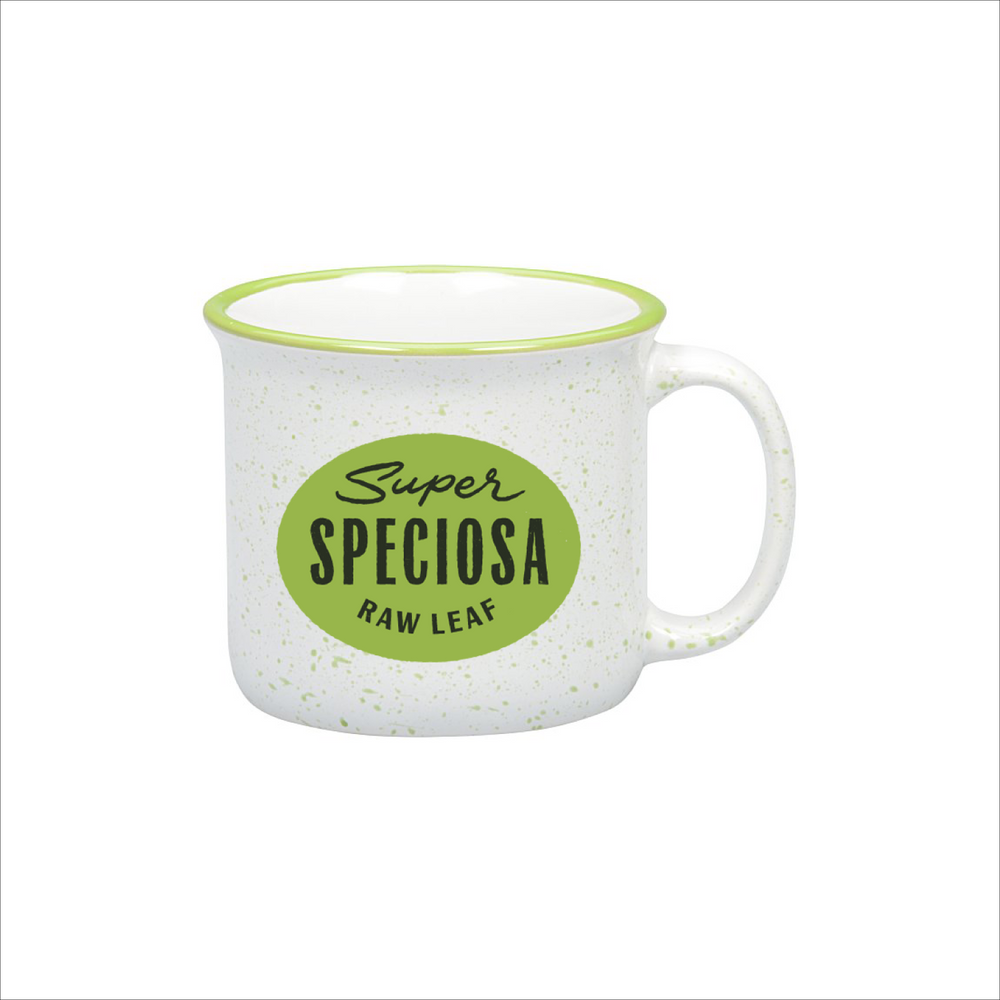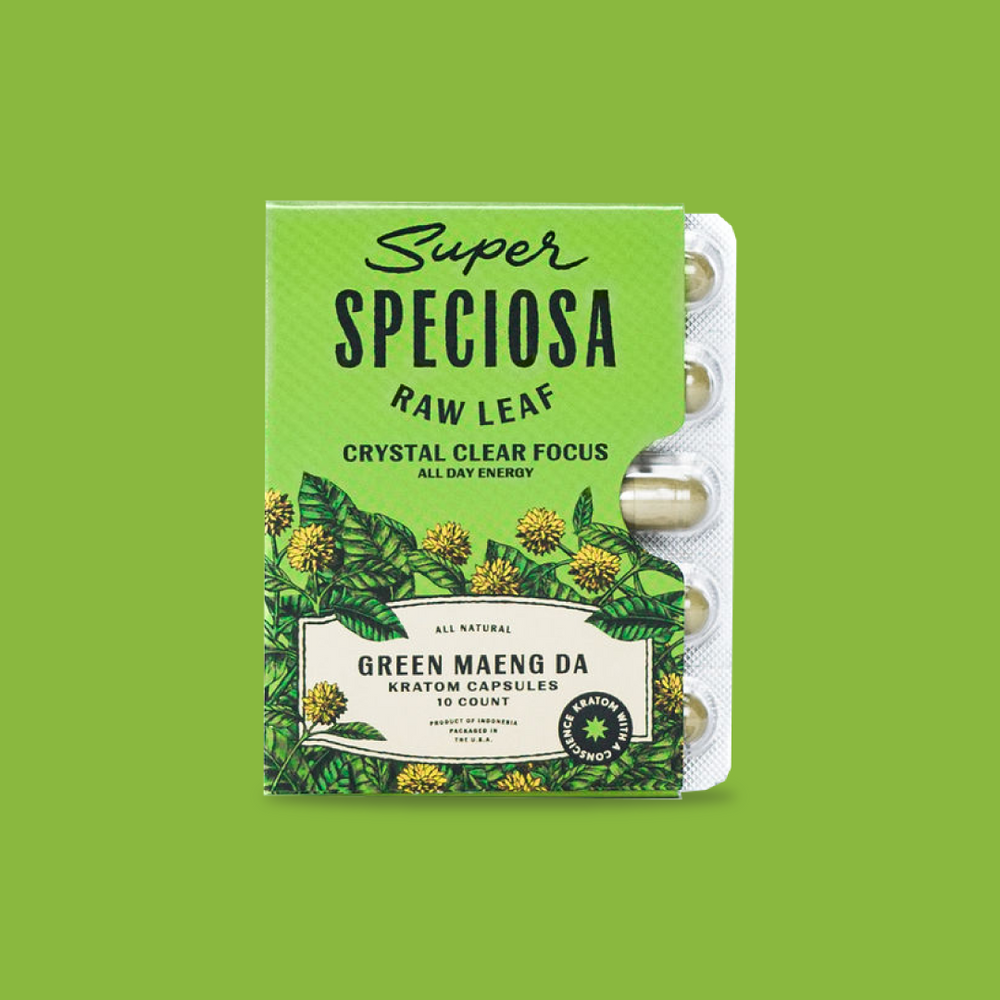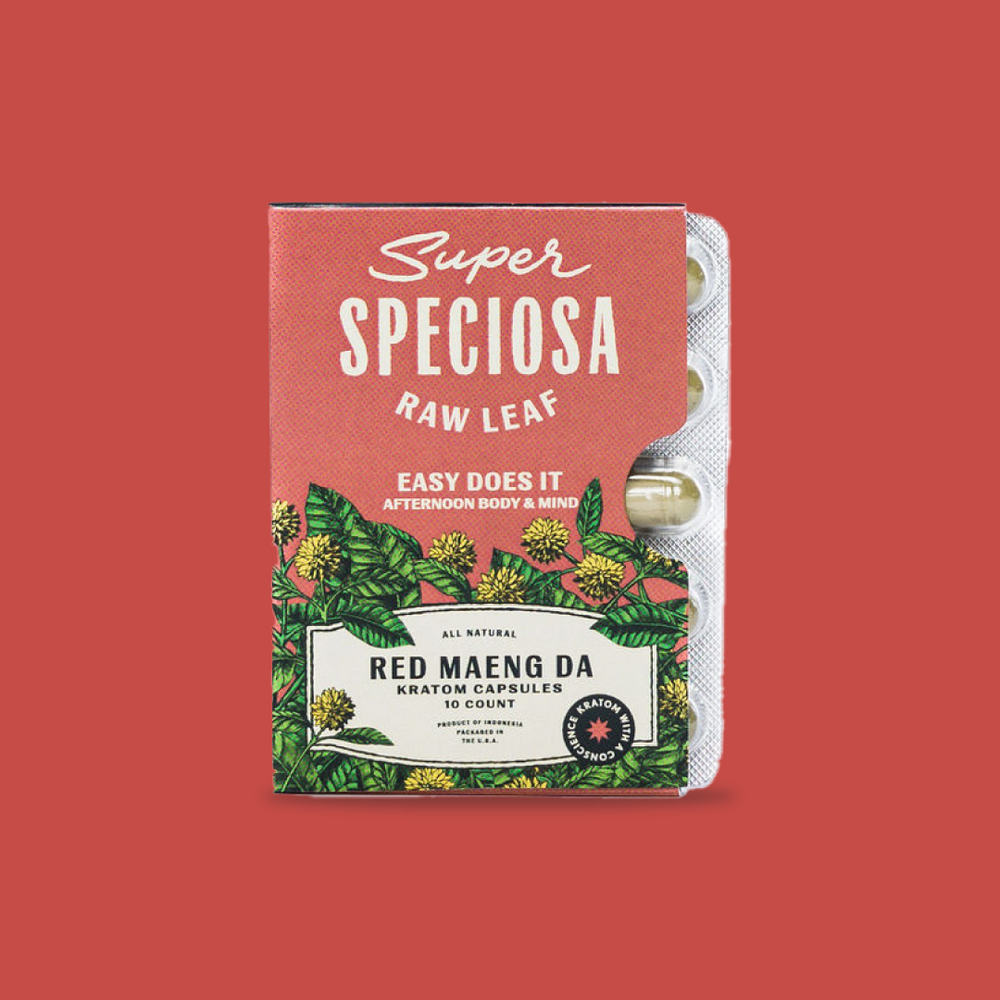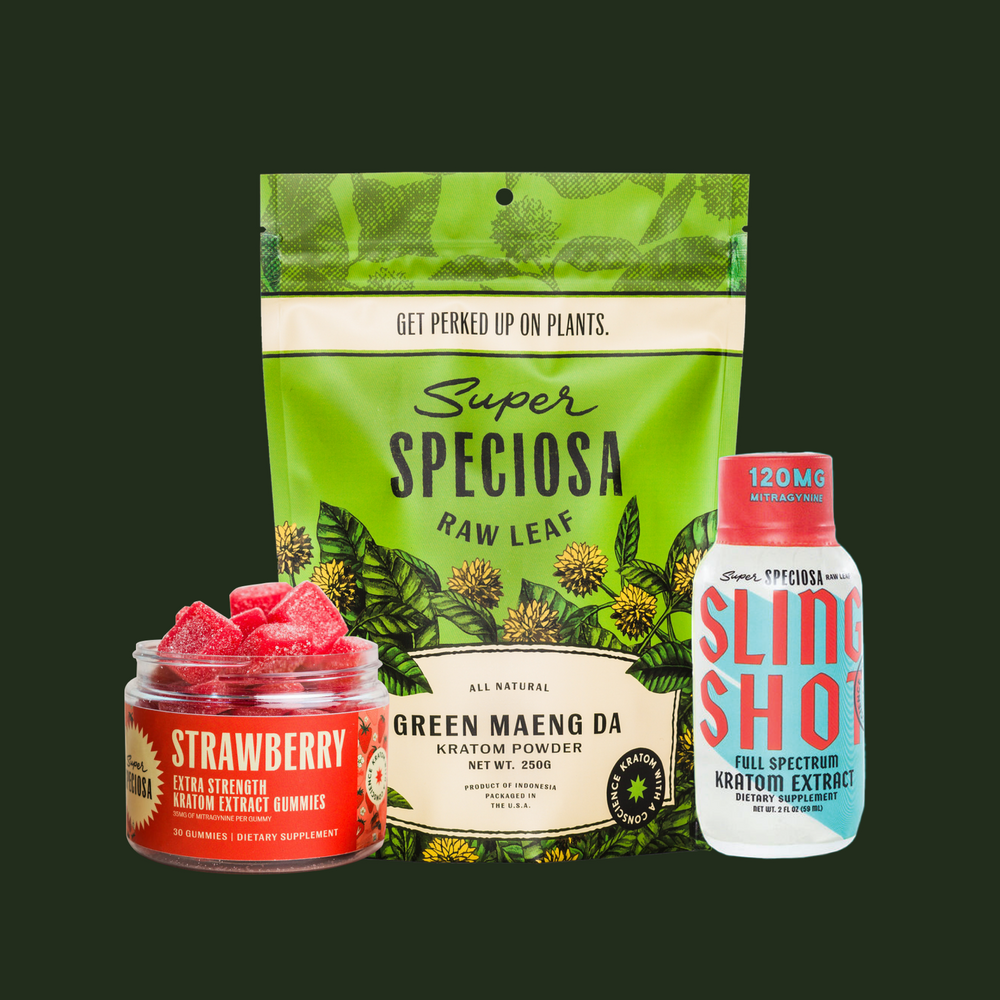Navigating Pennsylvania's Path to a Regulated Kratom Market
NAVIGATING PENNSYLVANIA'S PATH TO A REGULATED KRATOM MARKET

Credit: SeanPavonePhoto - stock.adobe.com
It’s been five years since a state has banned access to kratom. With little to no support for such measures, opponents have found a new way to take shots at attempts to regulate kratom: Gutting regulatory measures to keep most of the markets in a legal gray area. Now lawmakers in Pennsylvania are attempting to strike back and codify protections as part of Pennsylvania's regulated kratom market.
A proposed law in the Pennsylvania state Senate is renewing a debate over kratom in the state in an attempt to find the best legal pathway toward establishing a regulated framework for sales. Where past attempts have fallen short amidst questions of potency, legal verbiage and obfuscation by lawmakers, the most recent attempt at establishing Pennsylvania’s Kratom Consumer Protection Act hopes to answer the ‘kratom question’ once and for all.
All that’s left, at least according to advocates, is for lawmakers to prioritize the safety of Pennsylvania consumers over the bad actors trying to maintain the legal gray area that currently surrounds kratom.
Sen. Tracy Pennycuick took a different path this time by introducing Senate Bill 614, a comprehensive version of a Kratom Consumer Protection Act, in the face of past resistance and the wake of a failed bill in the 2022 legislative session. Now Pennycuick is starting the process in her chamber of the state house in hopes of finally getting protections for the kratom industry to the governor’s desk.
The last attempt at a KCPA came from HB2357, a bill that started in the Pennsylvania House of Representatives. Pennycuick was a co-sponsor of that measure, alongside a bipartisan group of 11 co-sponsors in the House. Although that bill made it through the floor of the House by a vote of 197-3, the complications surrounding the bill led to it stalling in the Senate Appropriations Committee last October.
Past Attempts to Micromanage
Committee hearings surrounding previous attempts at kratom legislation set the tone for how the debate has played out since.
During considerations around HB2357, the discussion ranged from contamination to more mundane matters like legislative redundancy. Multiple voices in that conversation talked about the risk of contaminants. A professor working with Florida State University and Harvard University warned of manufacturers exploiting loopholes to include illicit substances.
Because of that, lawmakers in support of the measure stressed the need for comprehensive regulations. Other lawmakers took that opportunity to point out that illicit substances are already banned by state and federal laws, making those aspects of a KCPA redundant. That reasoning eventually led to the regulatory language being stripped from the bill, with lawmakers instead passing a bill that set age requirements for purchase.
At the time, advocates cautioned against such a barebones approach, including Mac Haddow from the American Kratom Association. Haddow told lawmakers that the FDA has a spotty record in following up on claims of adulterated kratom products. Creating a state law as an extra layer of protection could fill that gap, Haddow said.
Instead, Rep. Dan Frankel was one of the lawmakers who voted to amend the bill, citing concerns over the issue of redundancy as well as an indemnity clause in the bill. Like other versions of the KCPA, Pennsylvania’s proposed law included language that granted a reprieve from violations and fines if a retailer could prove it was unaware that a product was adulterated.
By granting certain retailers relief, Frankel contended it would de-incentivize retailers to be aware of what was in their products. Frankel proposed a structure where retailers are responsible for the fees and process of testing products, a framework that has been rejected by advocates for putting too much of a burden on retailers.
Pennsylvania's Regulated Kratom Market: Still Up in the Air
This time around, Pennycuick has a bipartisan group of senators as her co-sponsors. After SB614 was introduced in April it was immediately referred to the Senate Health and Human Services Committee. In the previous session, that same committee cleared HB2357 before the bill was re-referred to the Senate Appropriations Committee where it stalled.
Now Pennycuick’s new bill will need to clear those hurdles before it would potentially be sent back to the same House that gutted the previous attempt.
Pennsylvania’s lawmakers are set to reconvene in September with spending bills and details of a school voucher program set as the ‘hot-button’ topics to discuss when the session resumes. That leaves the door open for lawmakers to revisit SB614, with advocates hoping to finally settle the measure instead of continuing conversations around an unregulated market.
While the state government goes back and forth over the legal intricacies, Haddow said the lack of action exposes customers.
In those discussions around past efforts to pass a KCPA in Pennsylvania, Haddow told a story of an attempt to confront a manufacturer who was selling what was “clearly an adulterated product.” Instead of being incentivized to improve the product, Haddow said leaving kratom protections ‘off the books’ created the loophole that the vendor needed.
“He said, ‘I don’t have to go to states where the KCPA is,’” Haddow said. “He said, ‘I got plenty of states where
